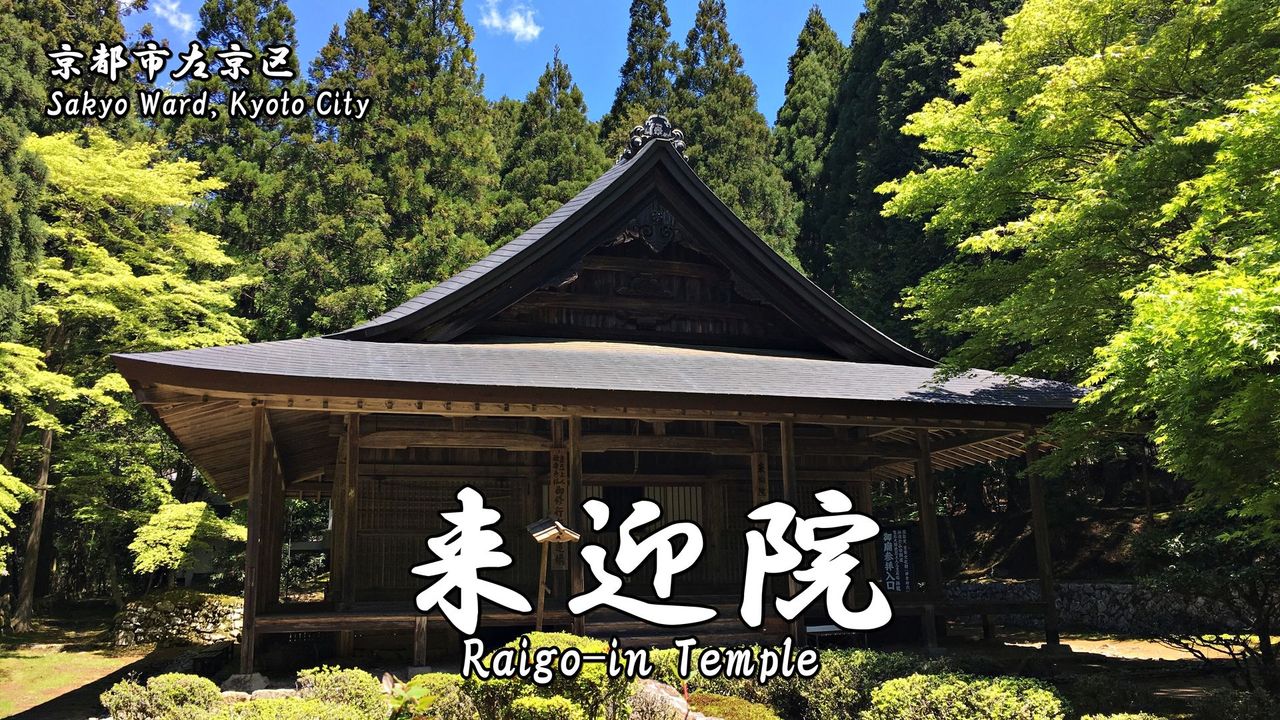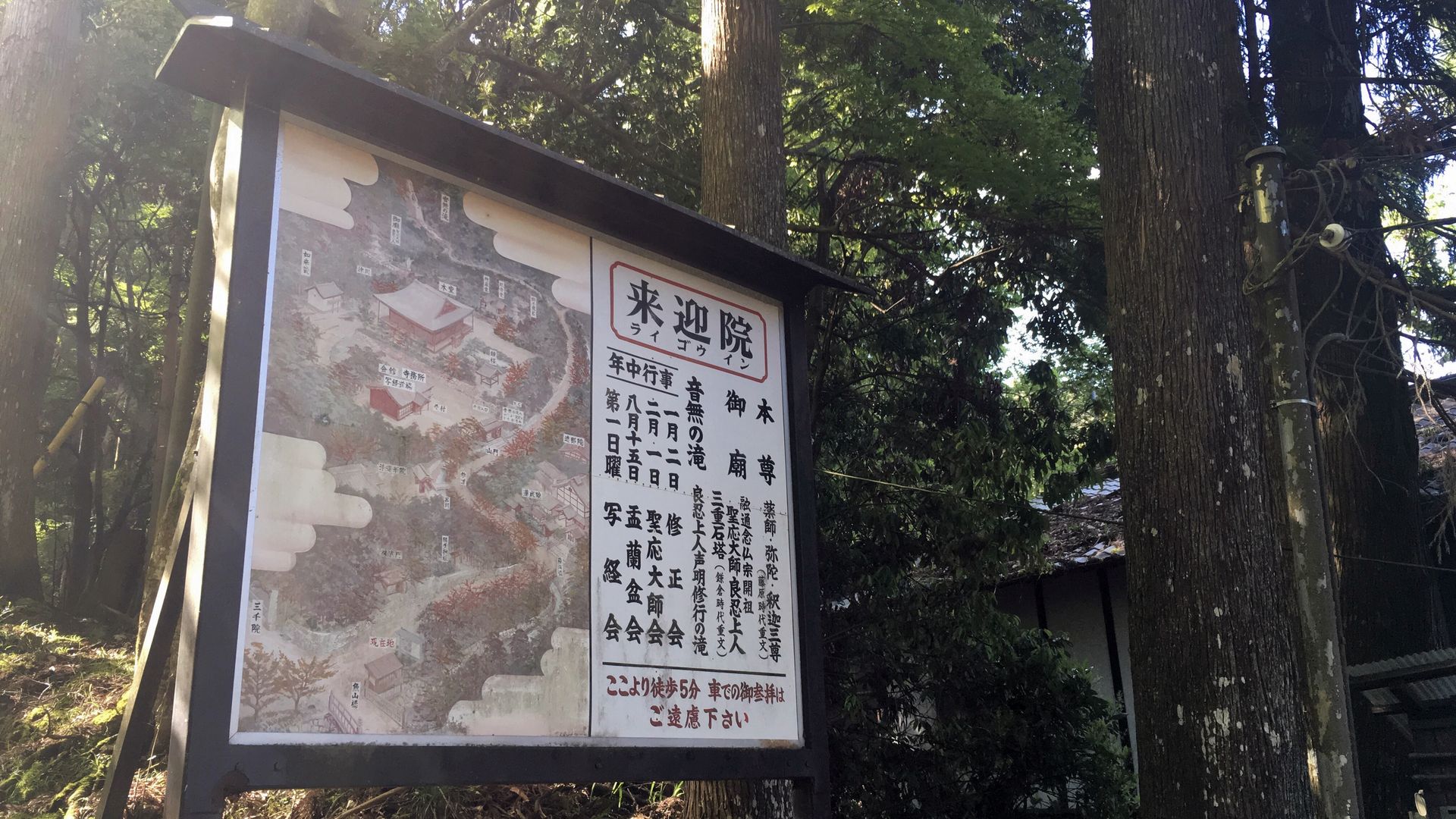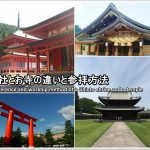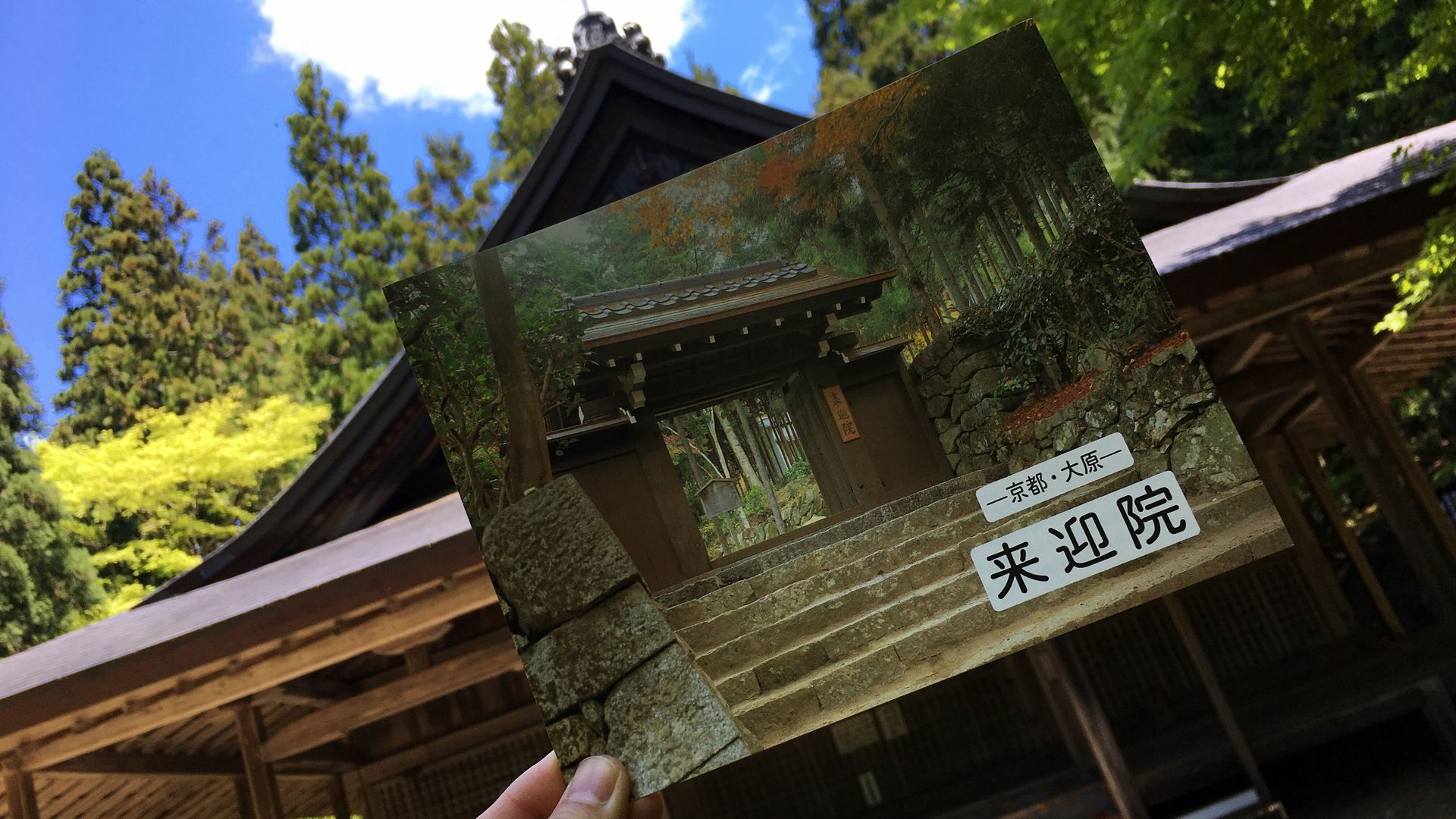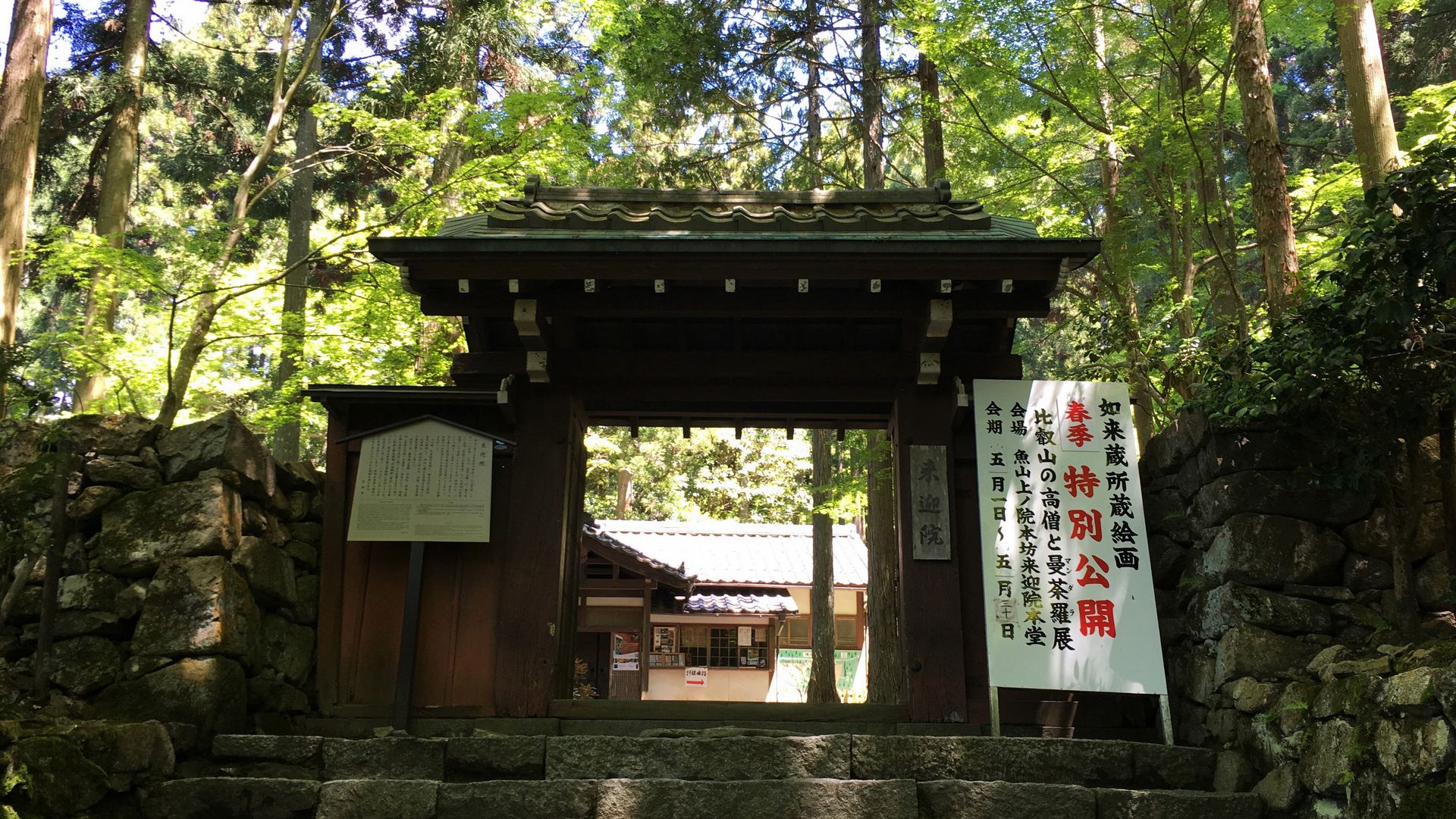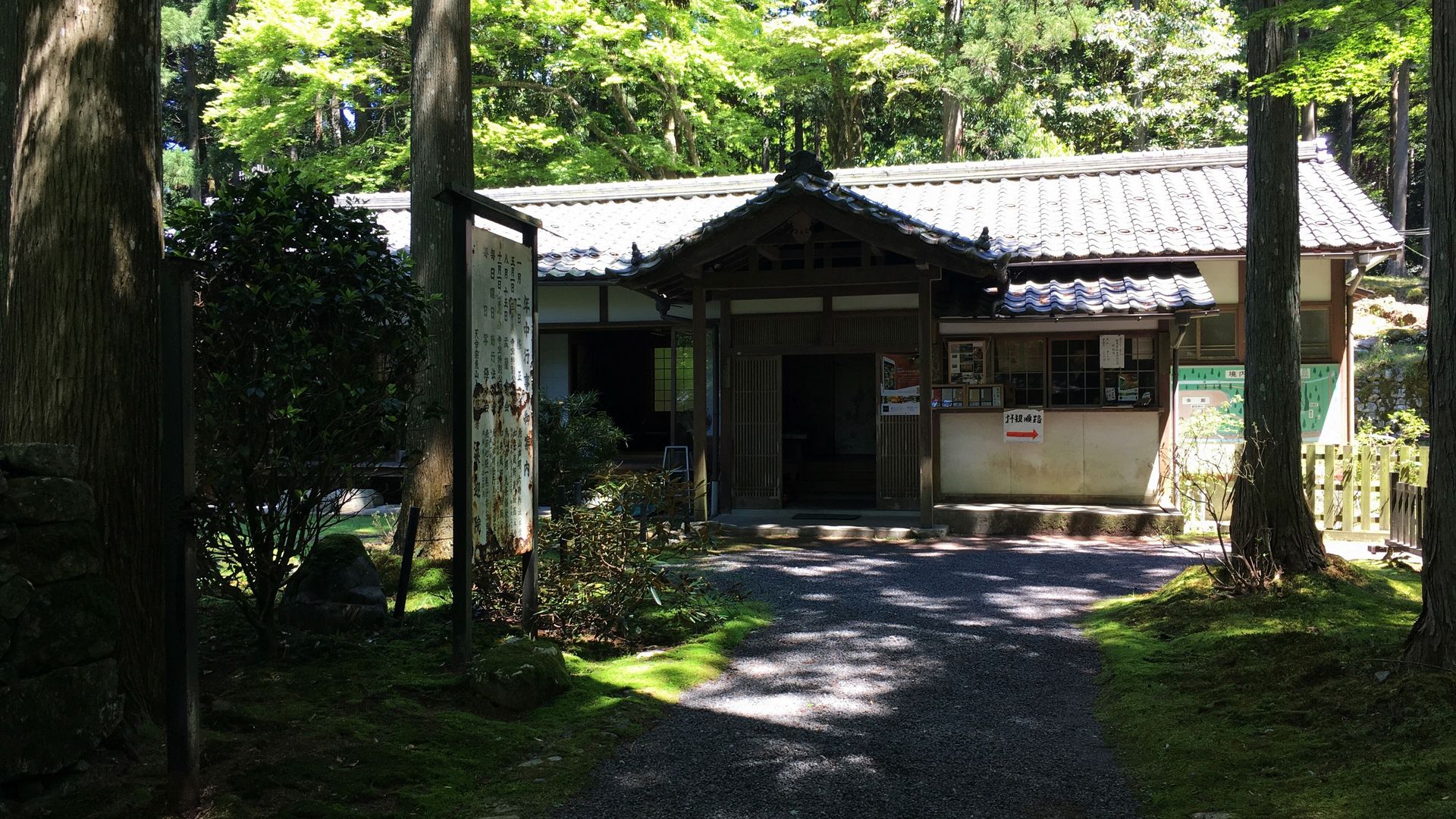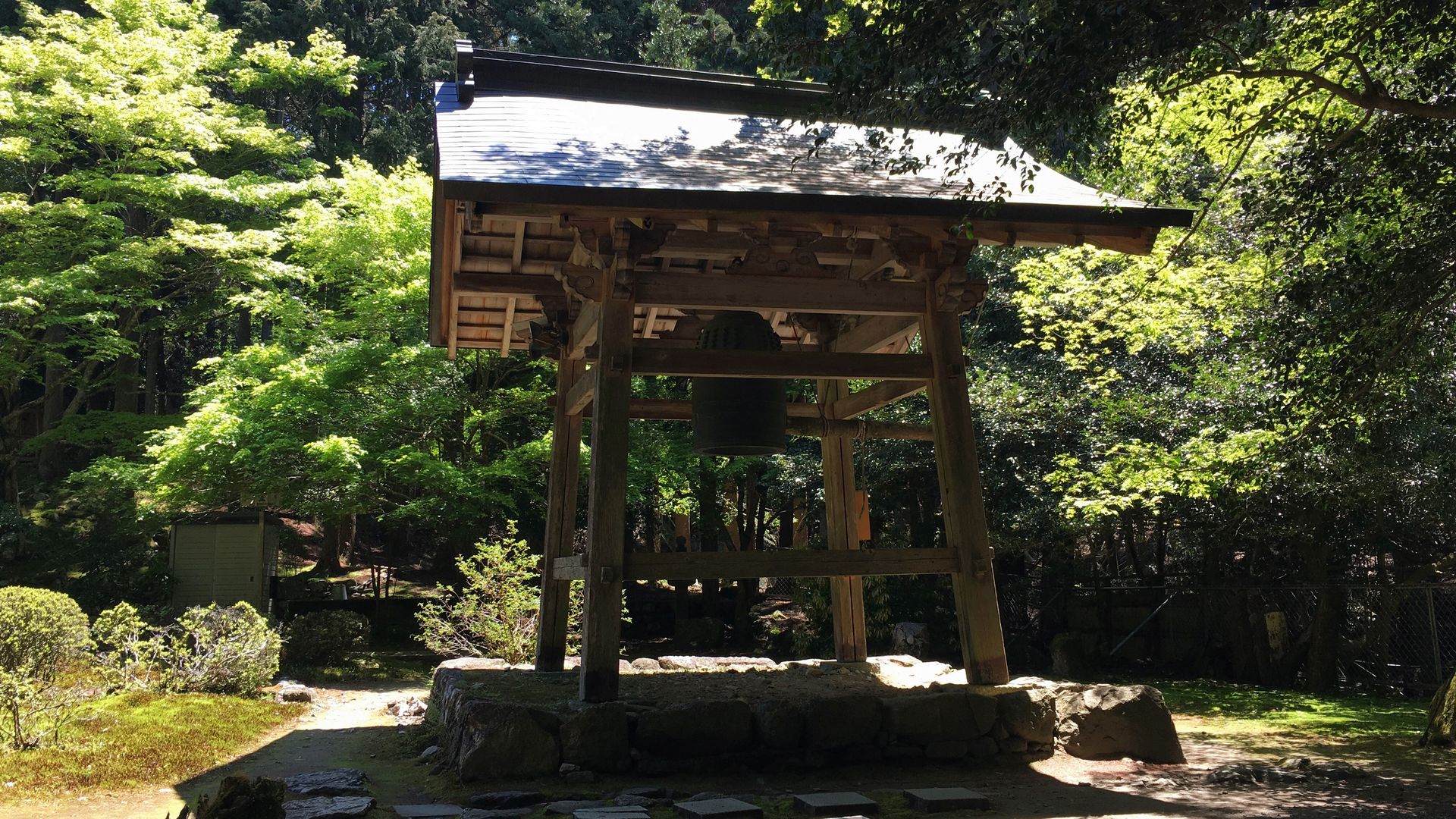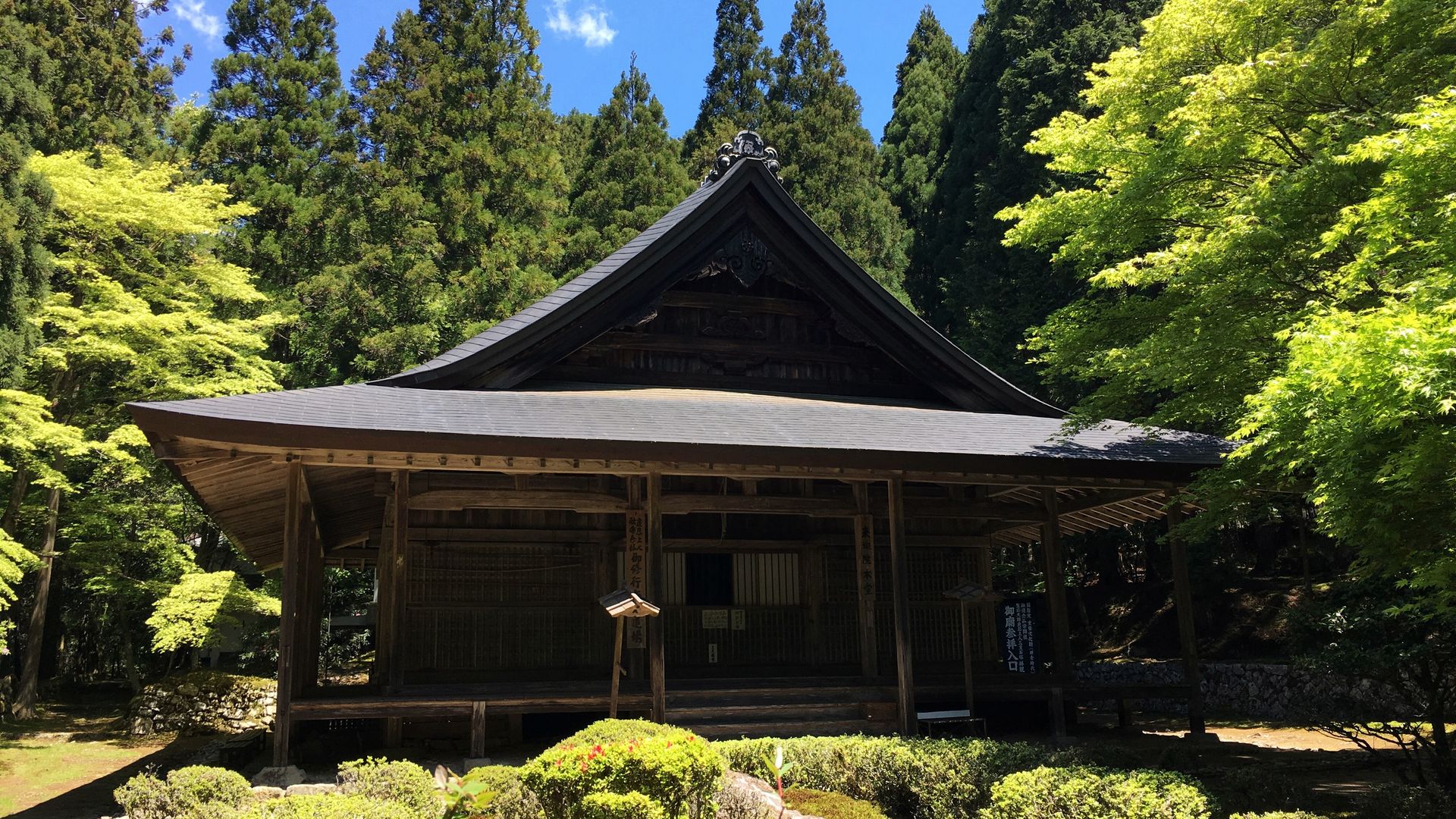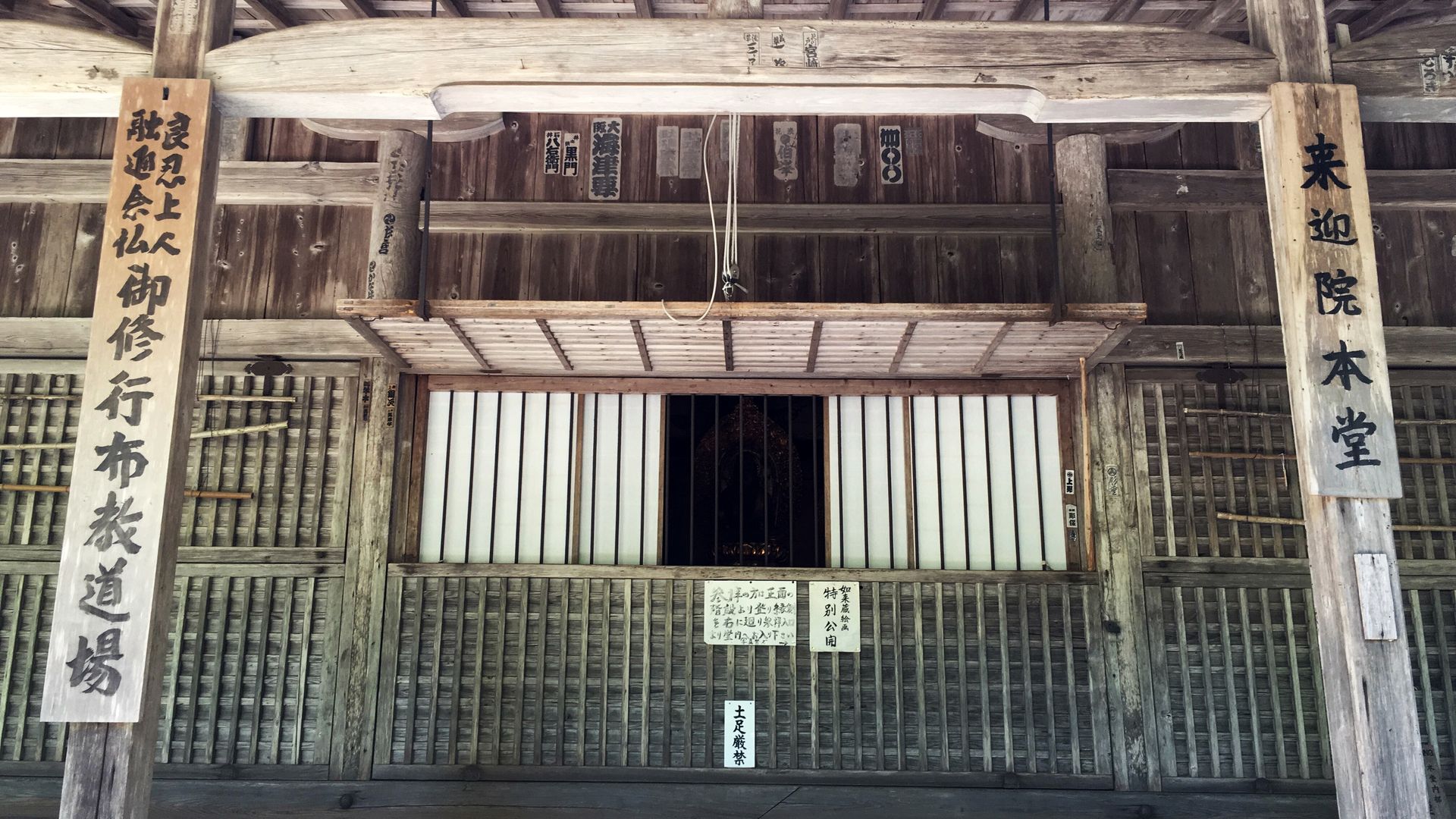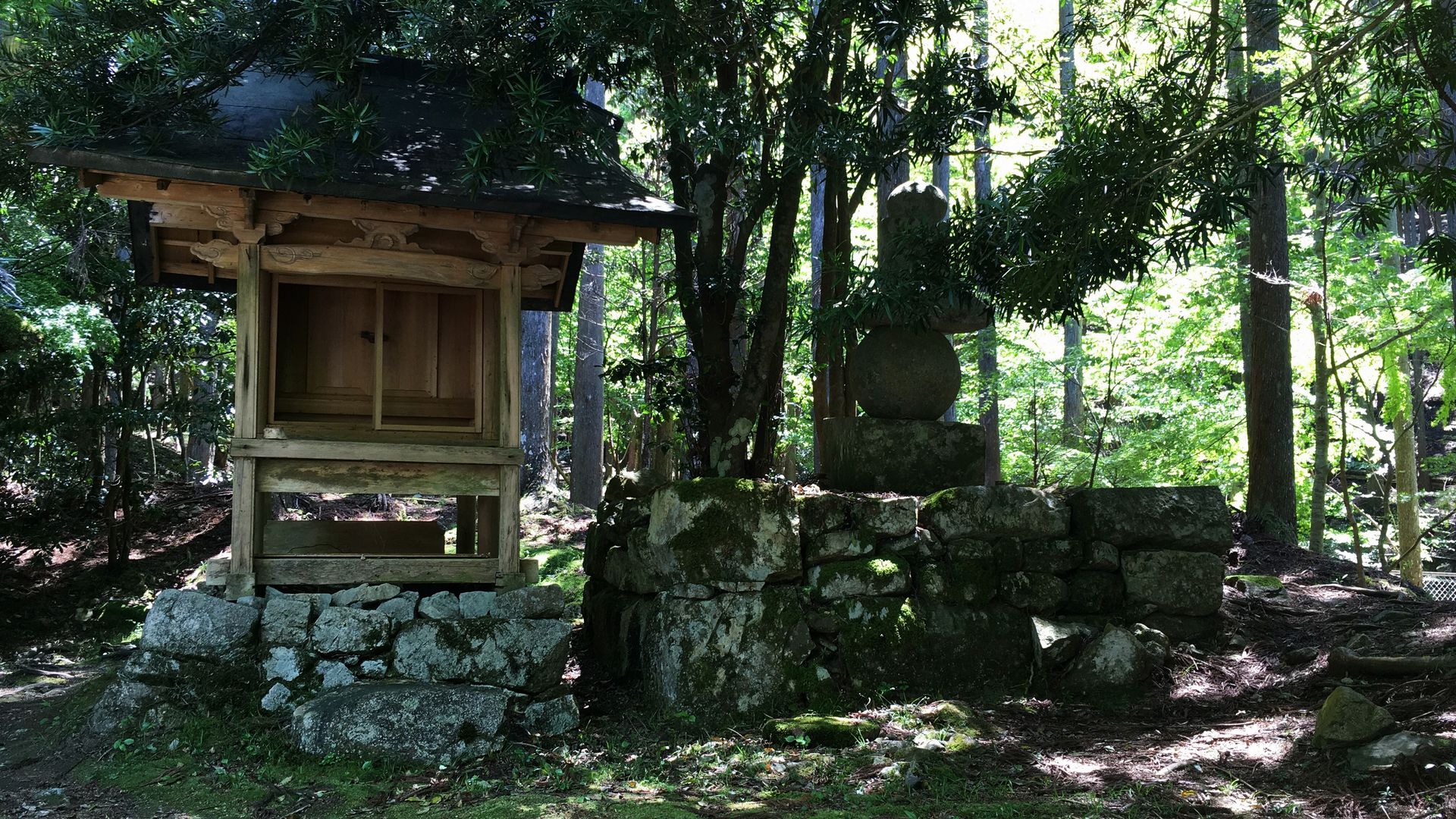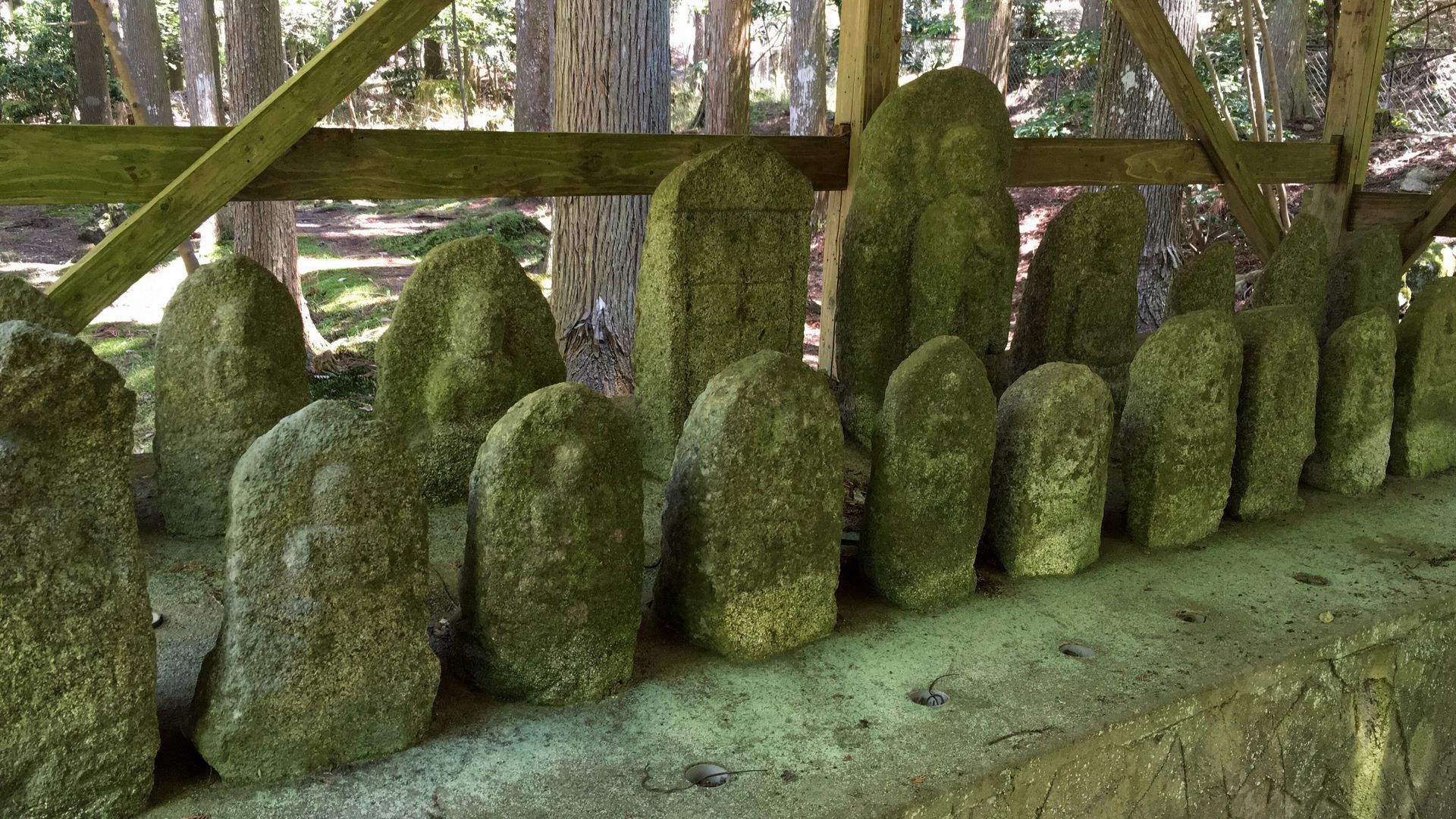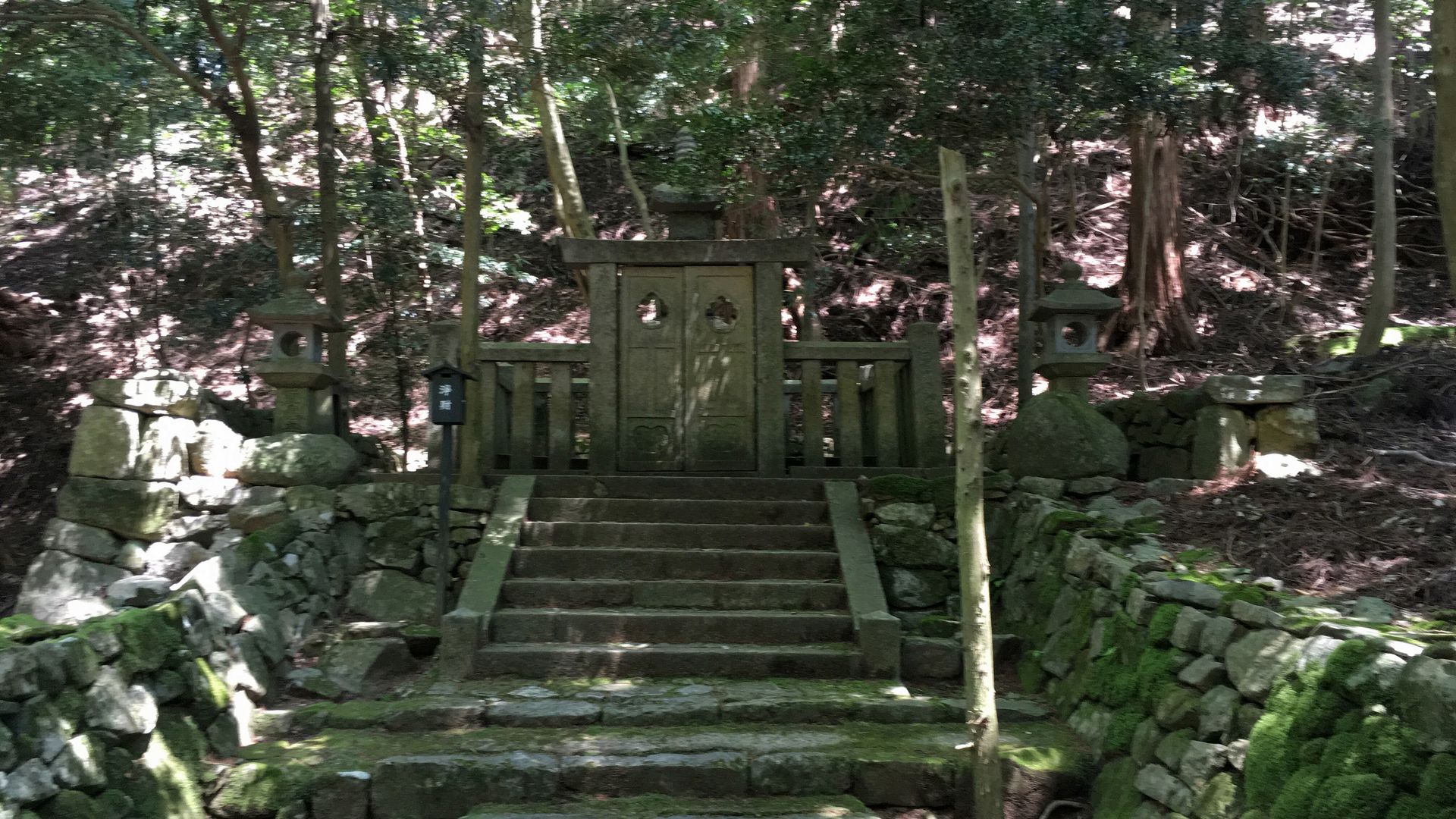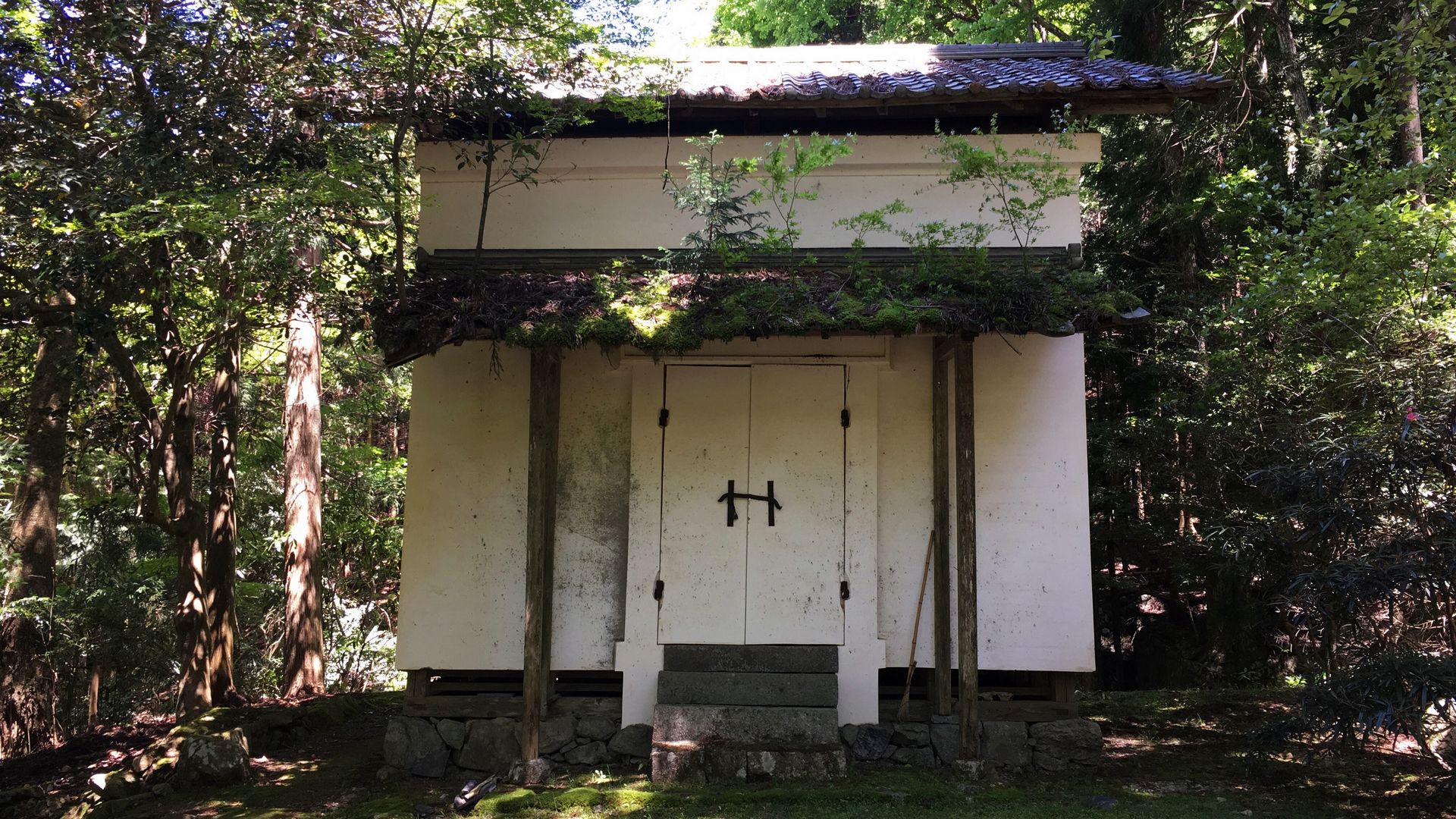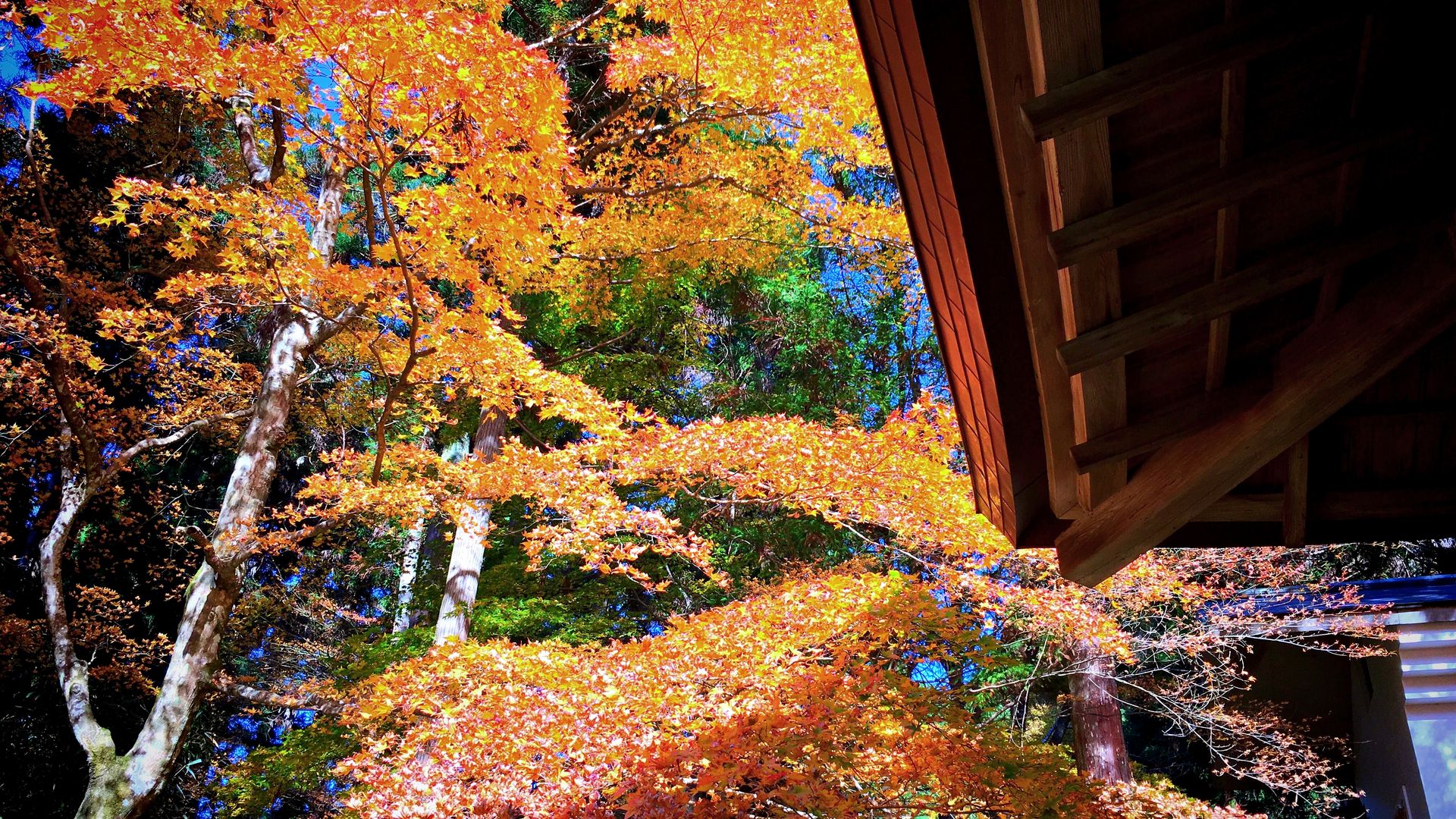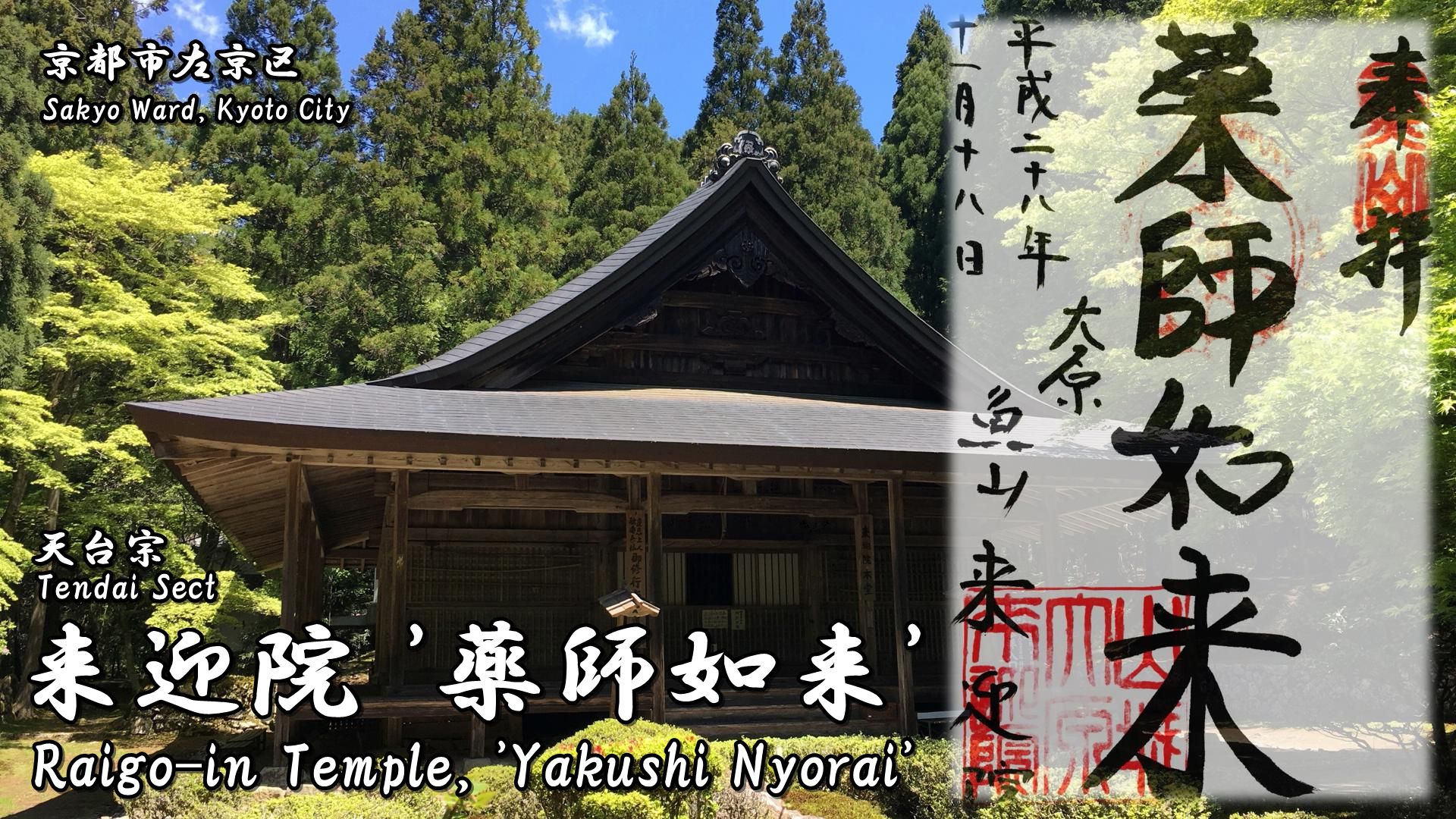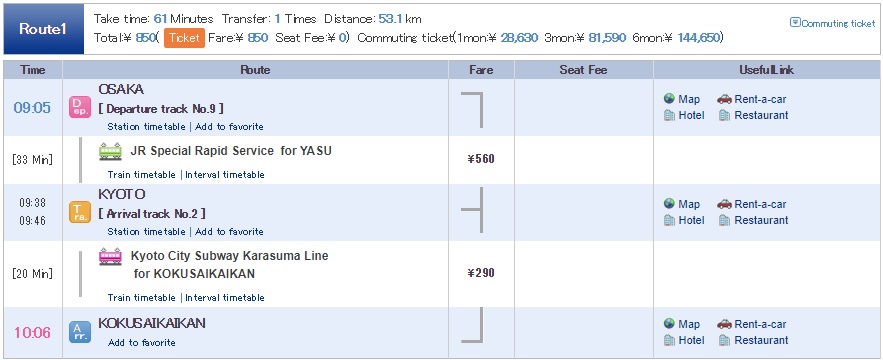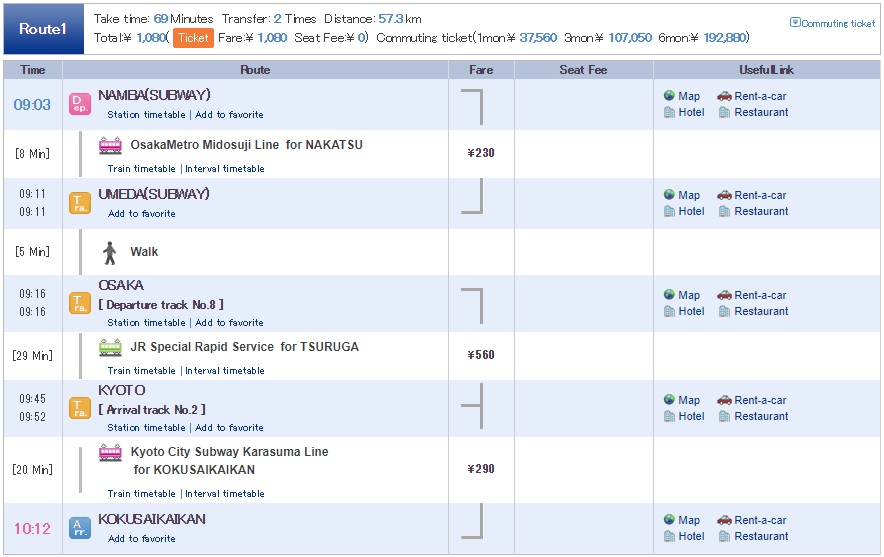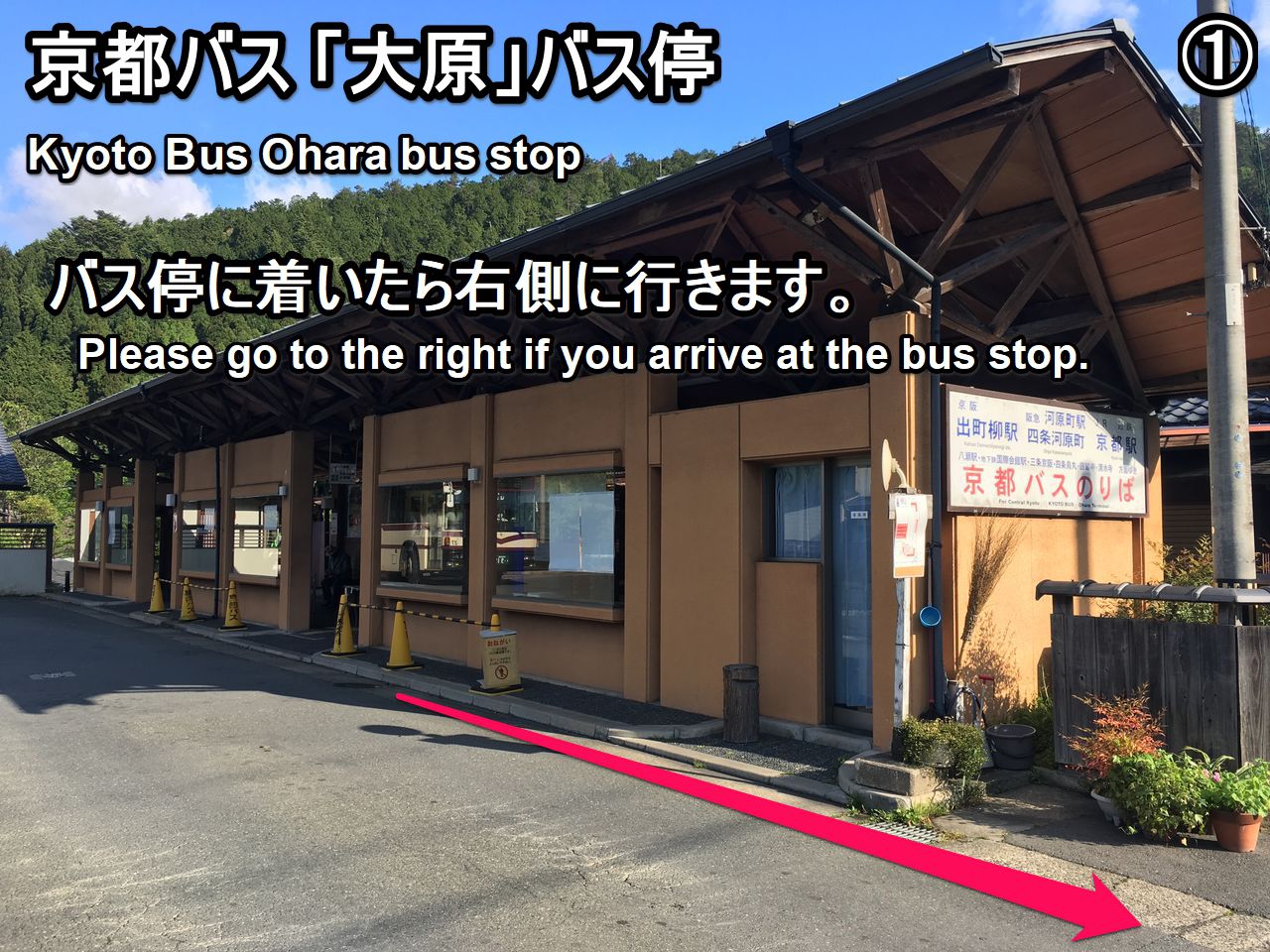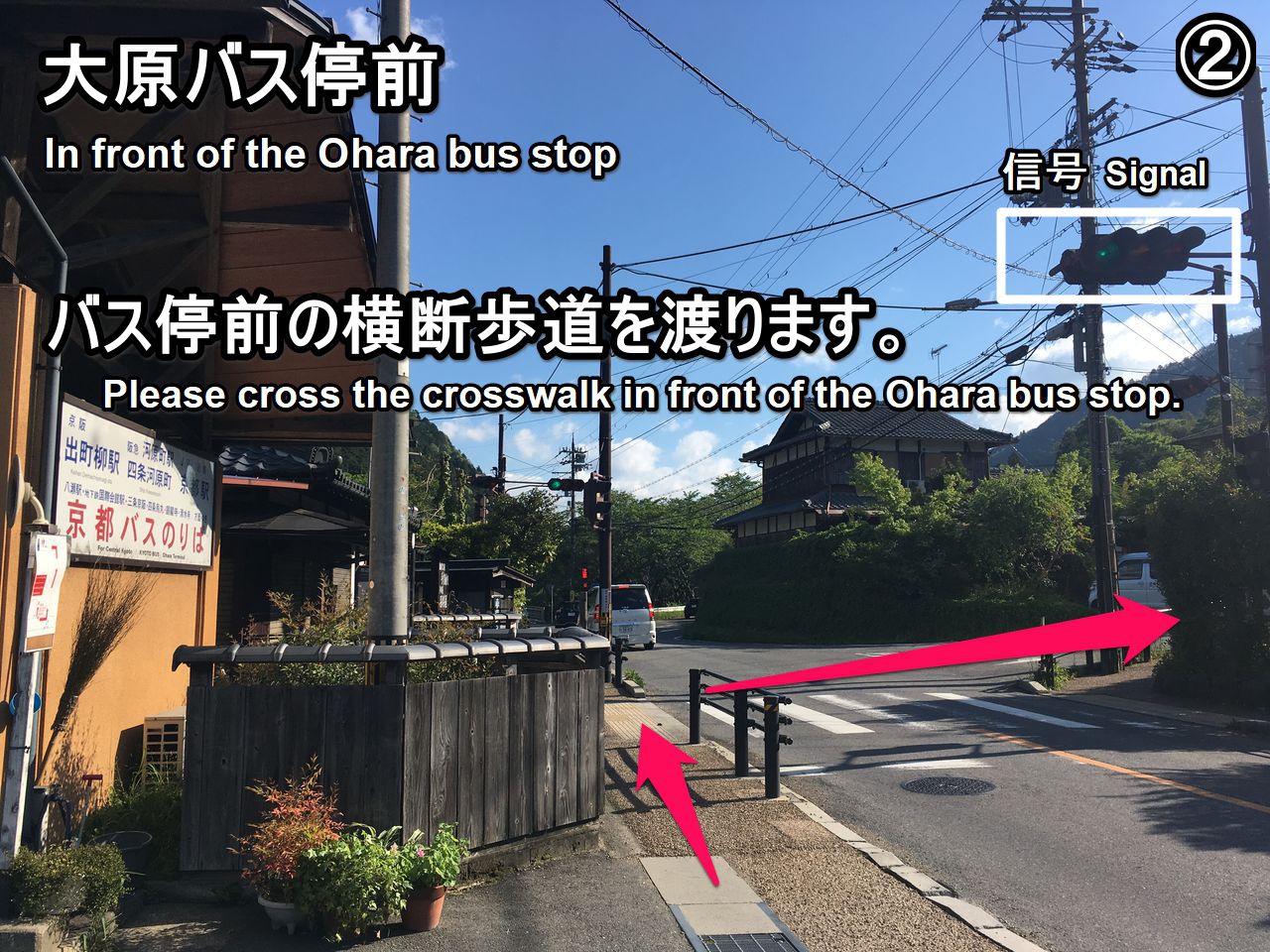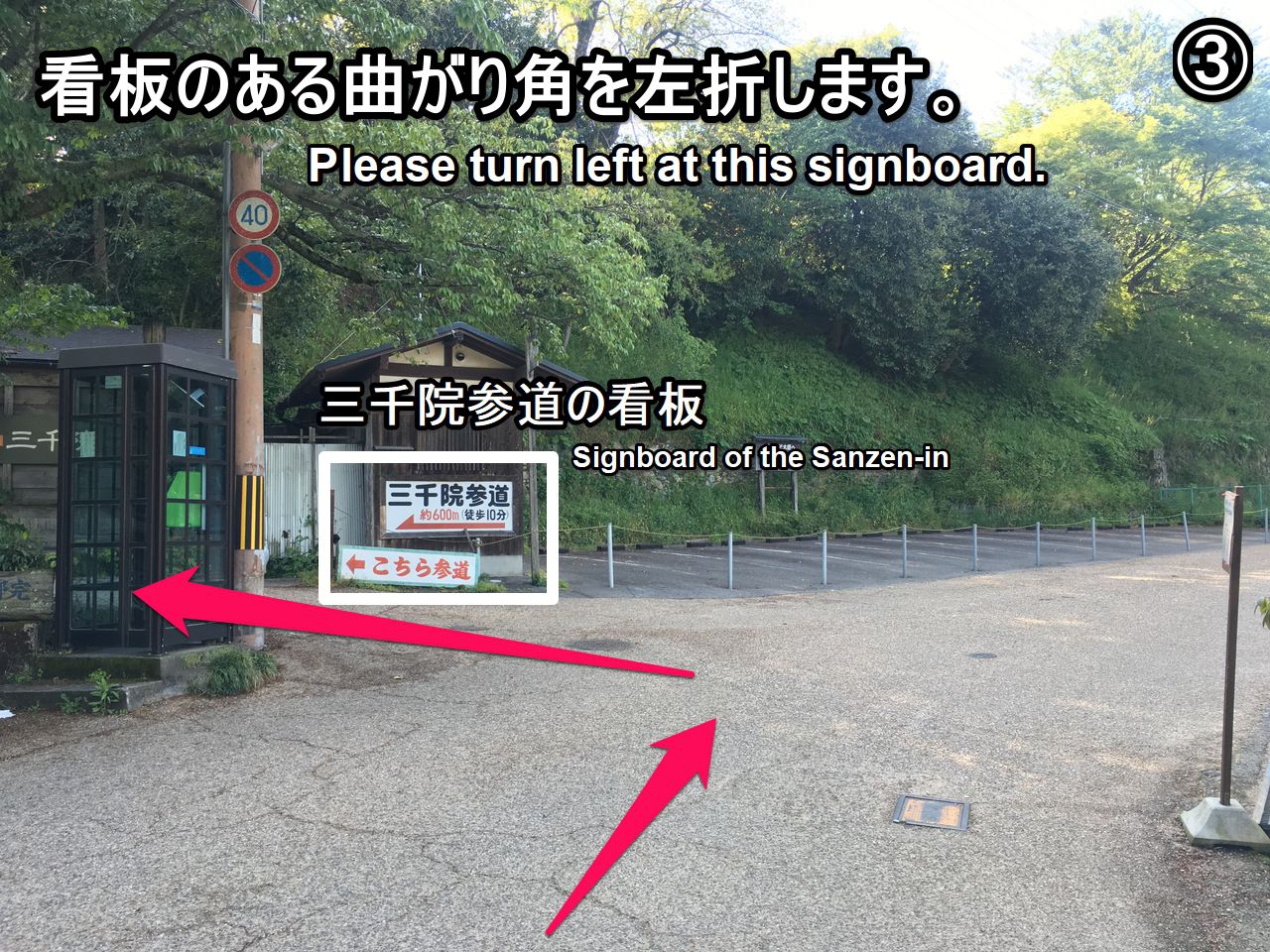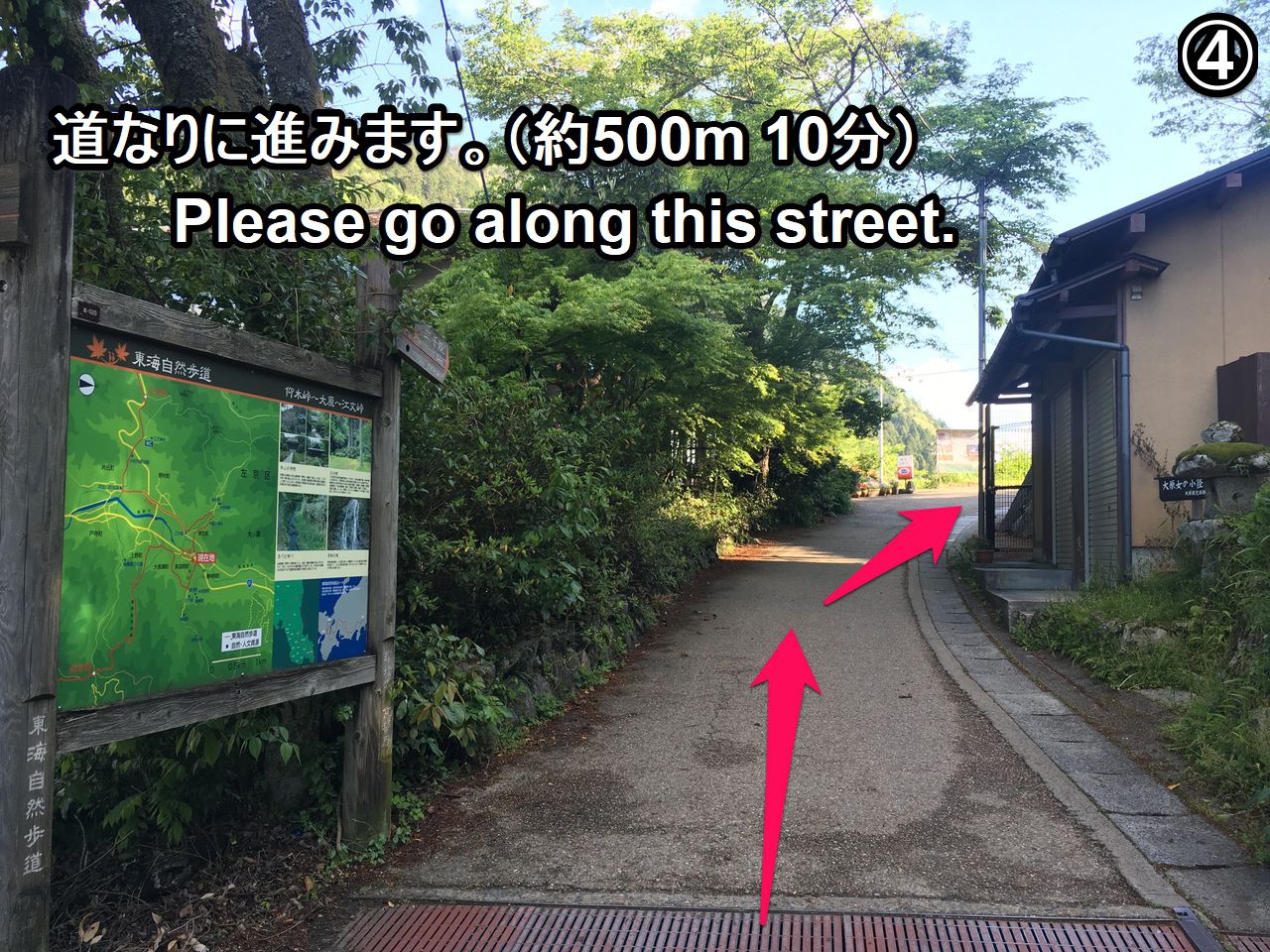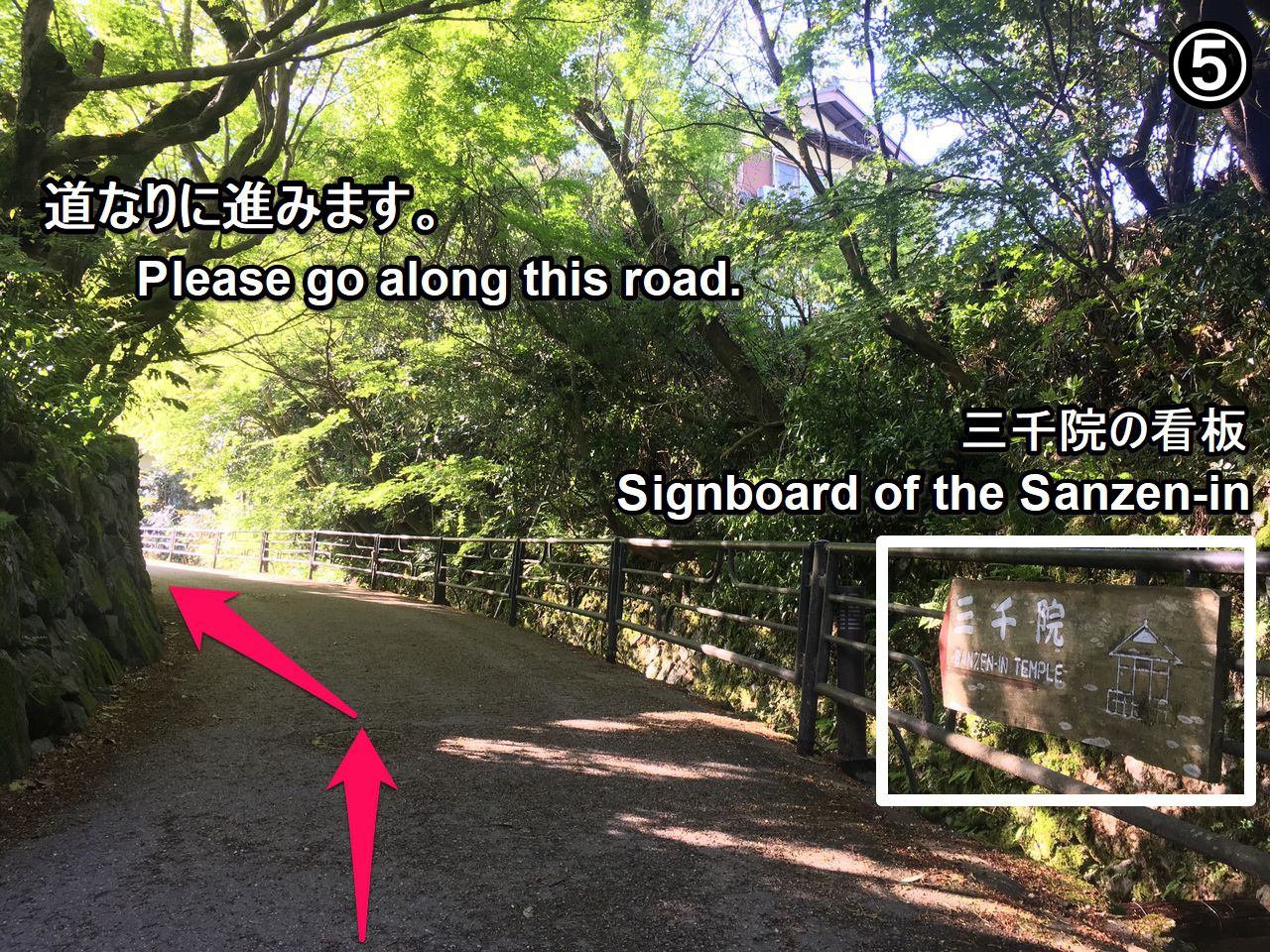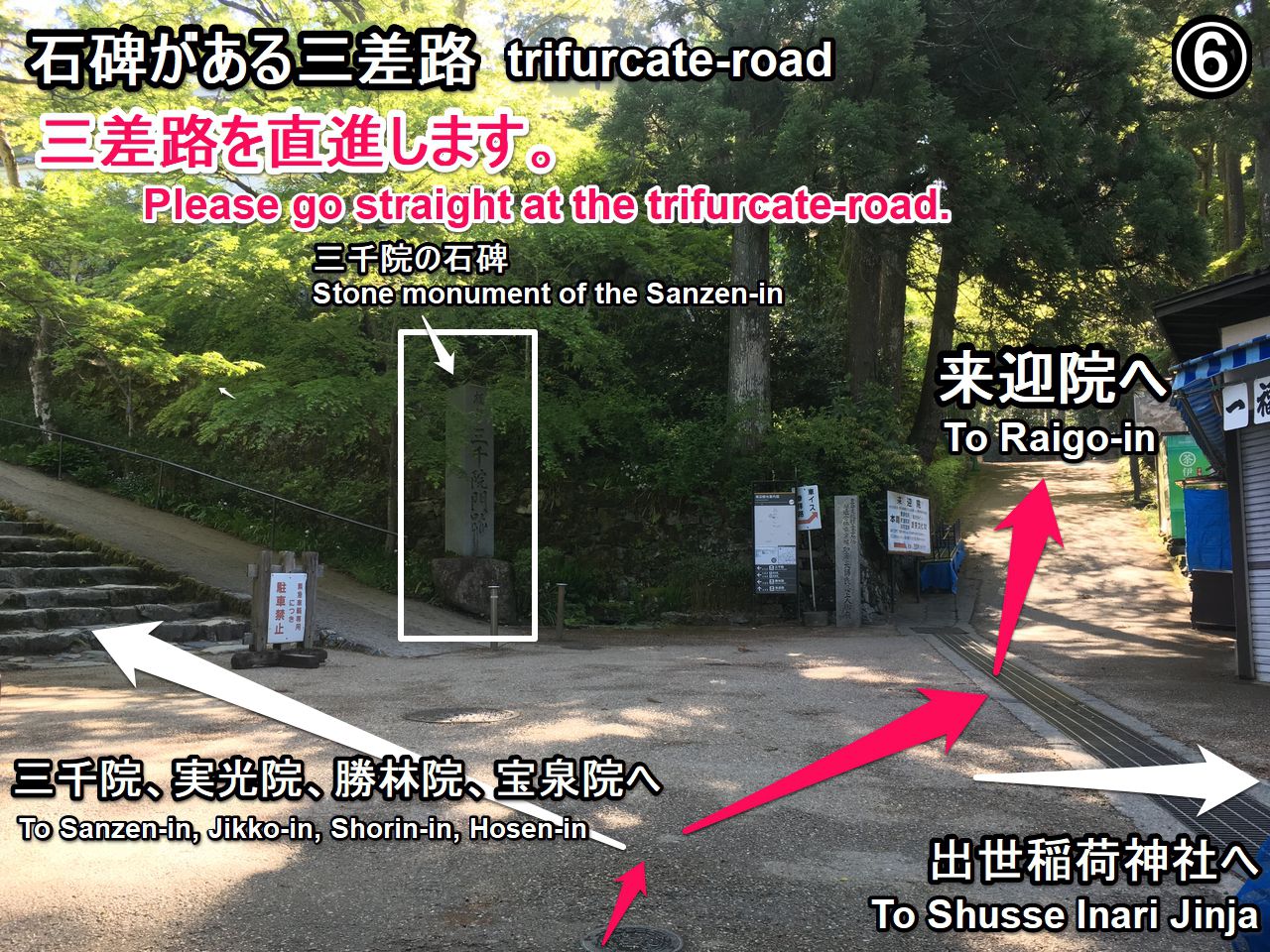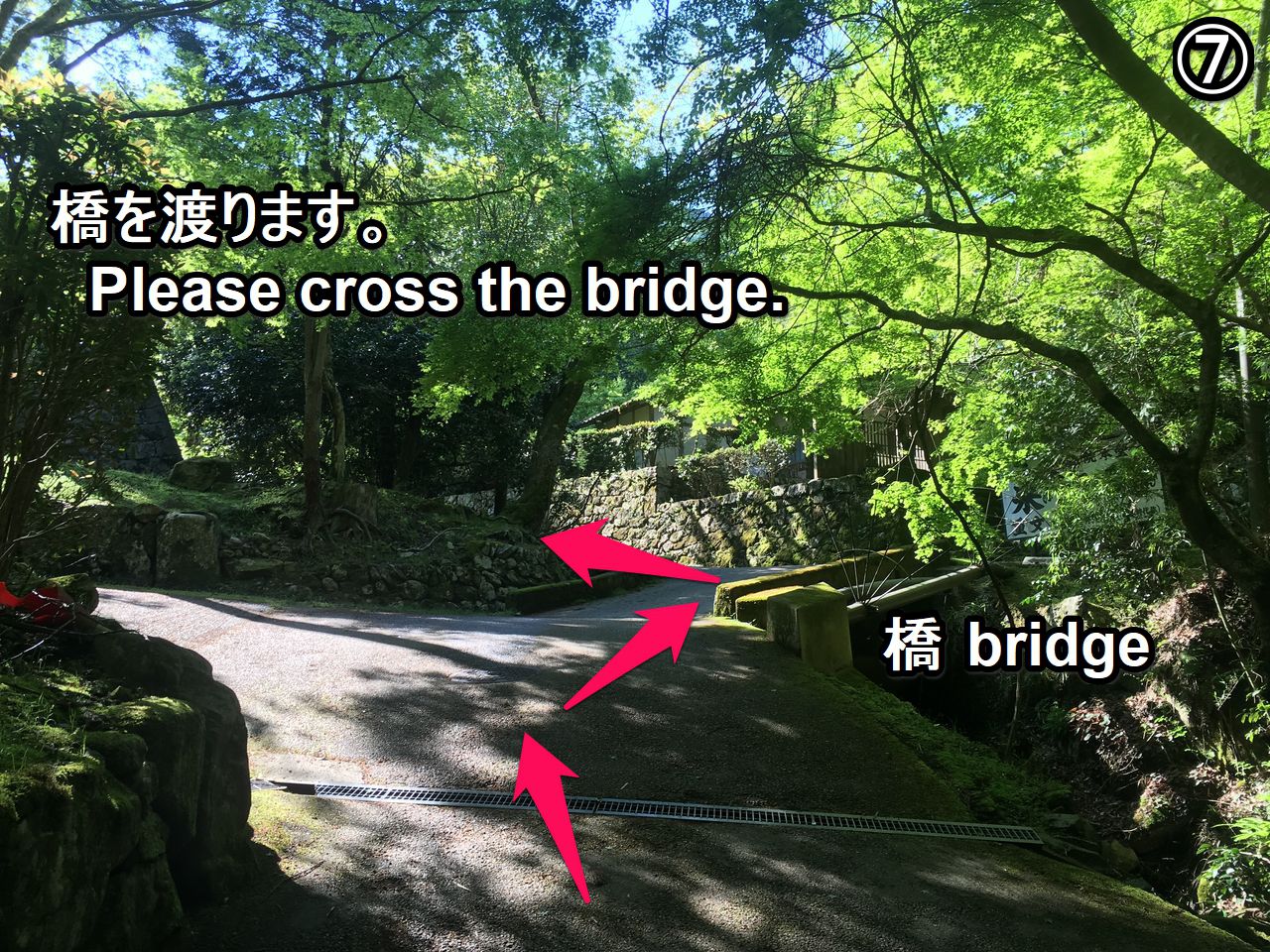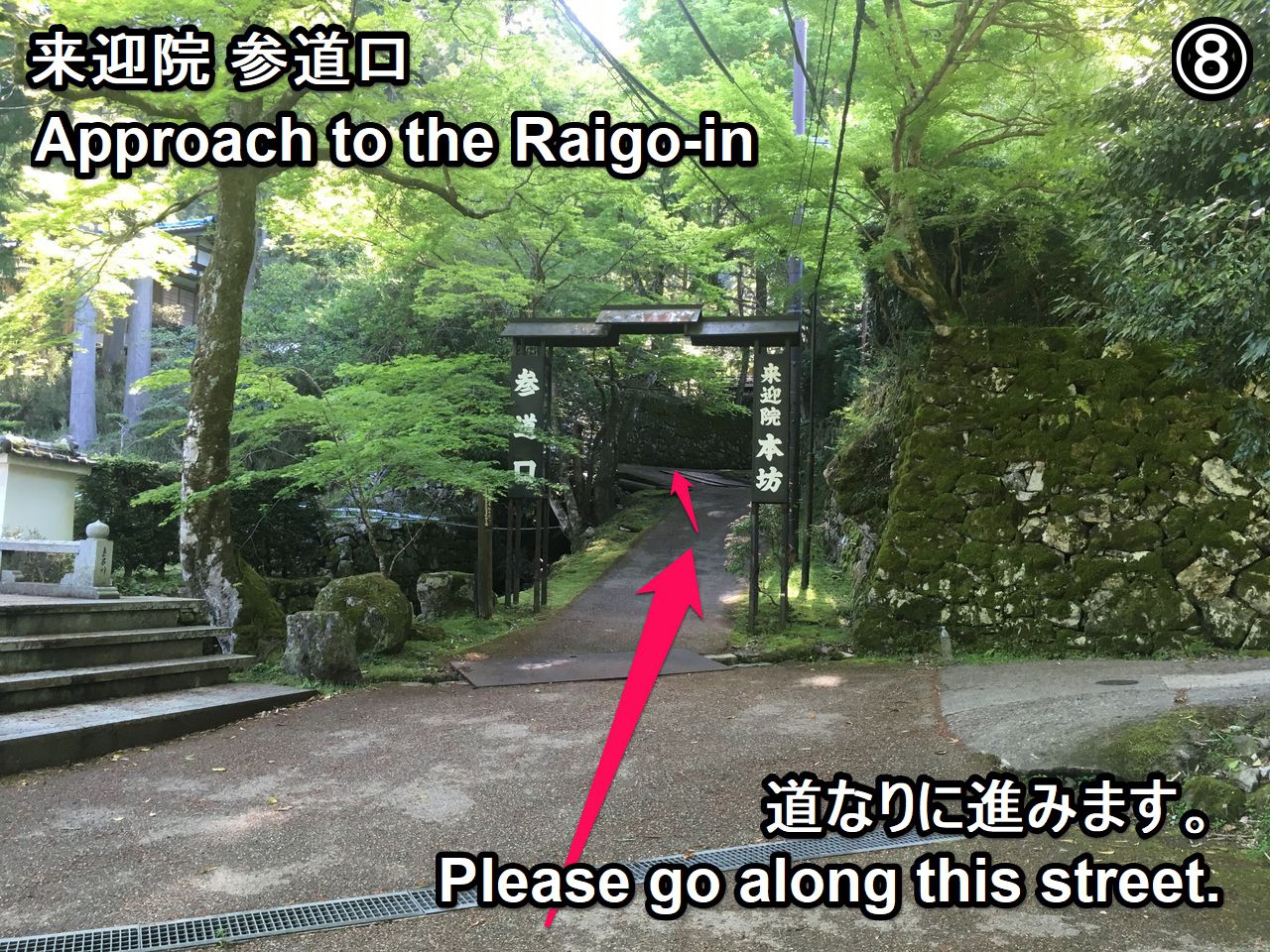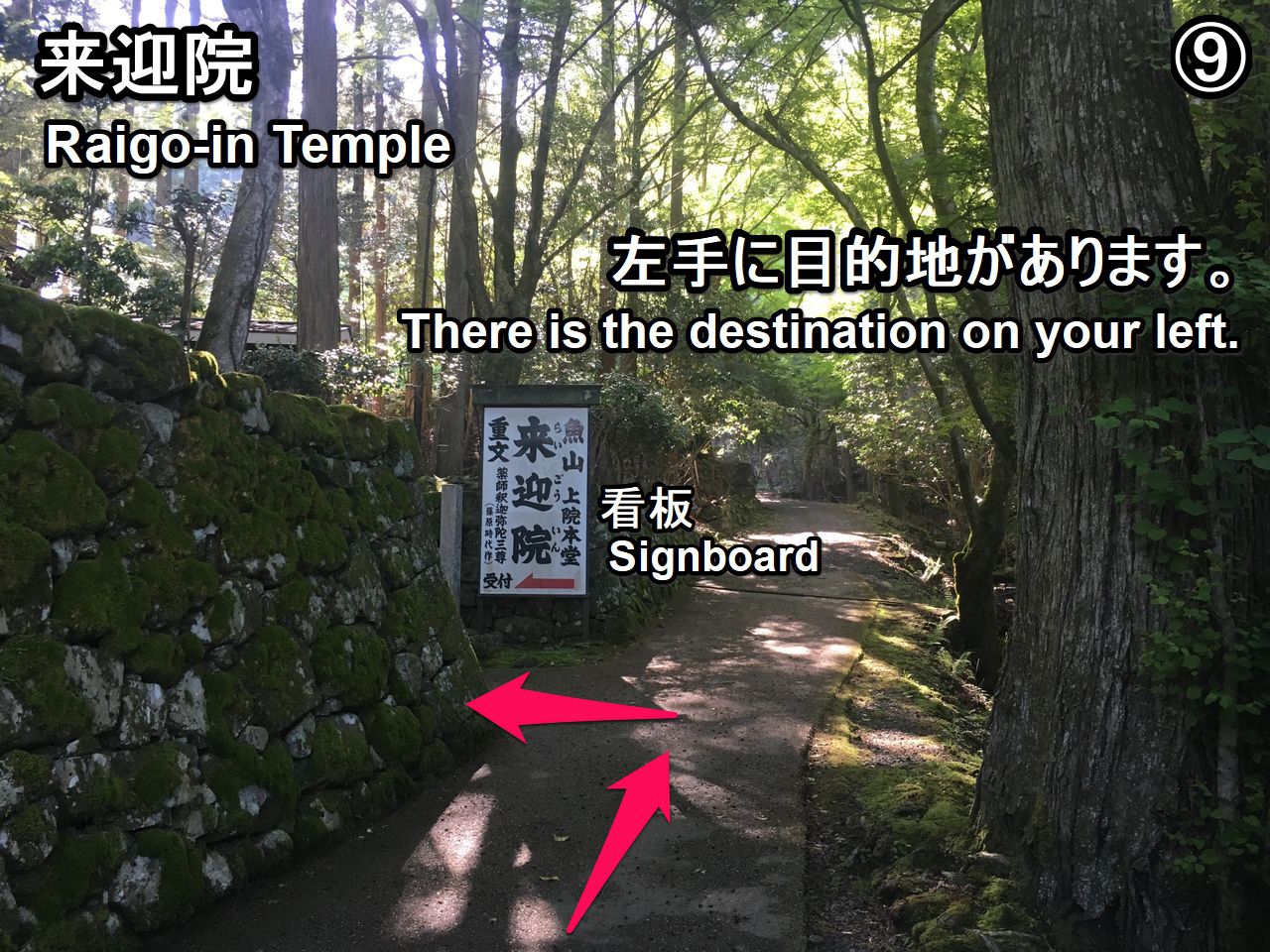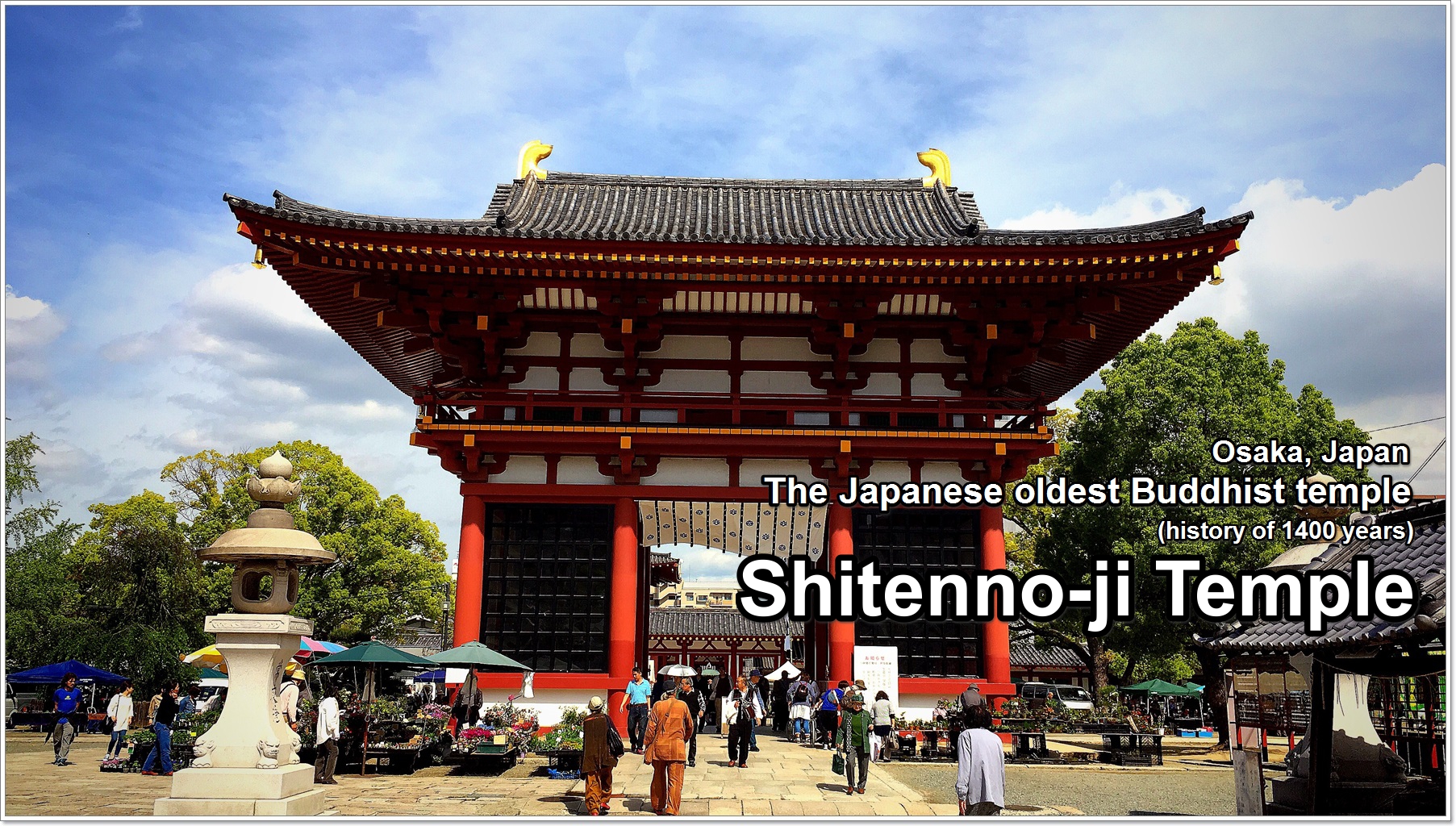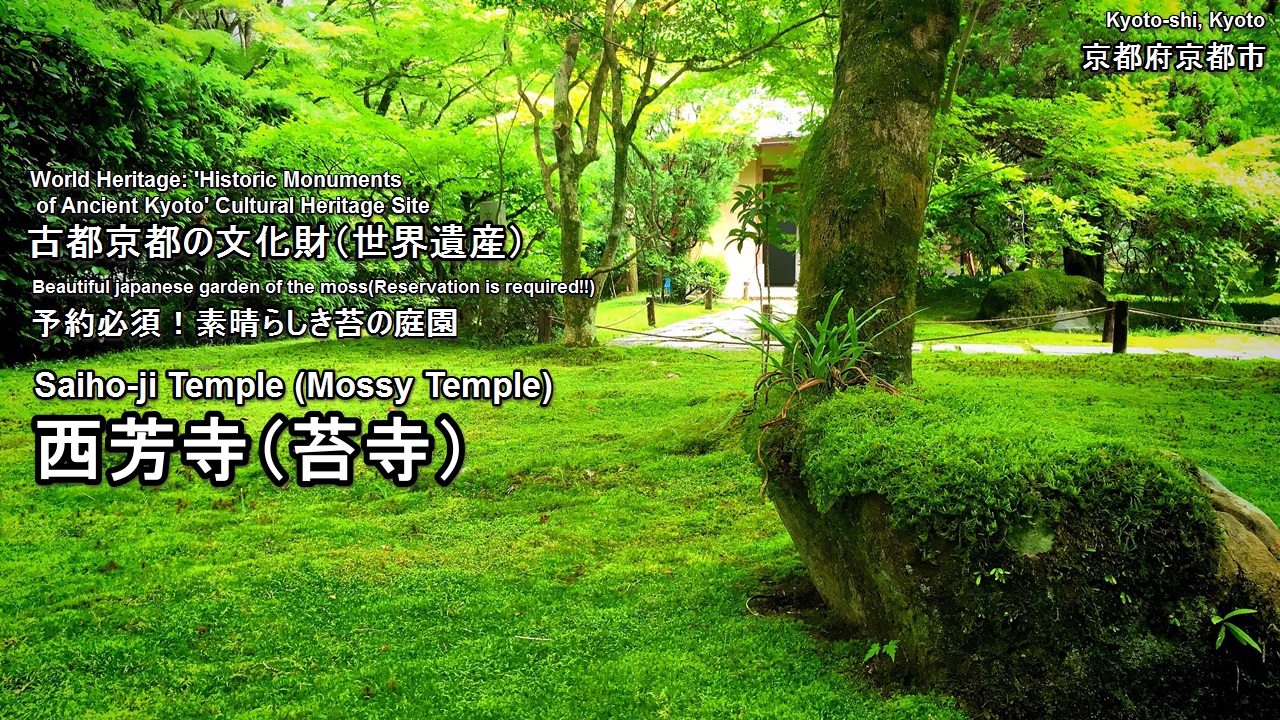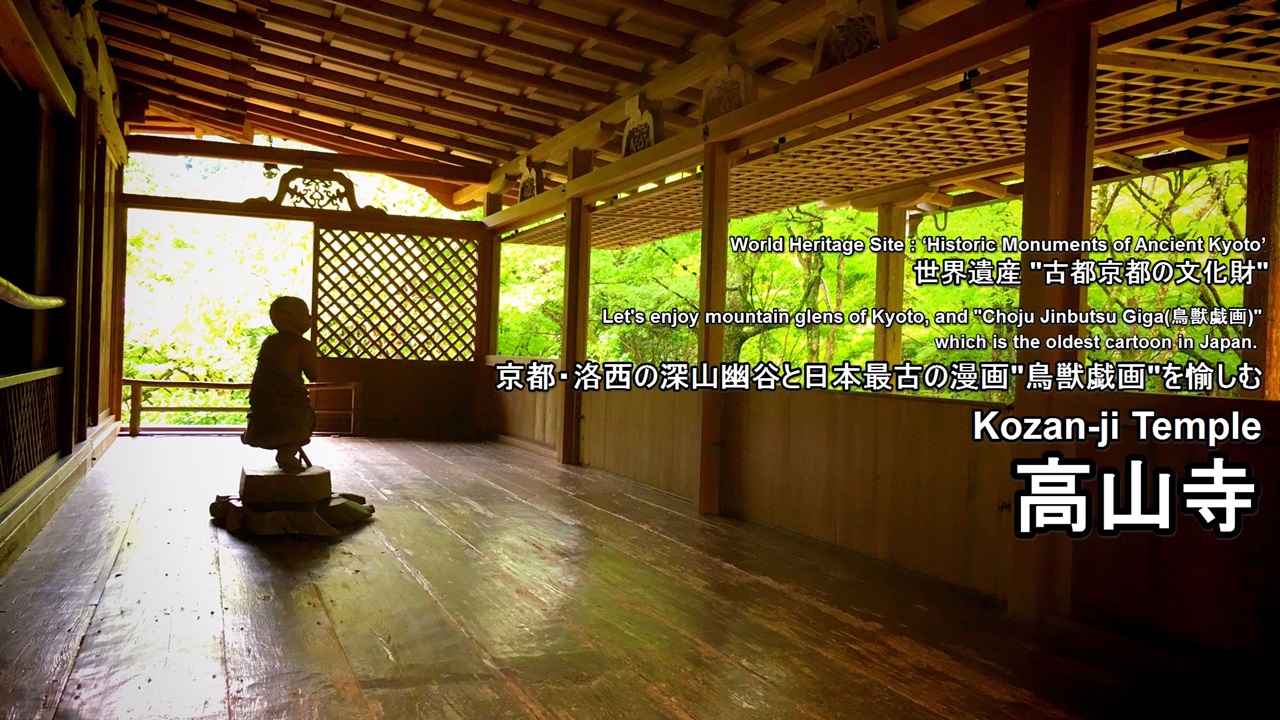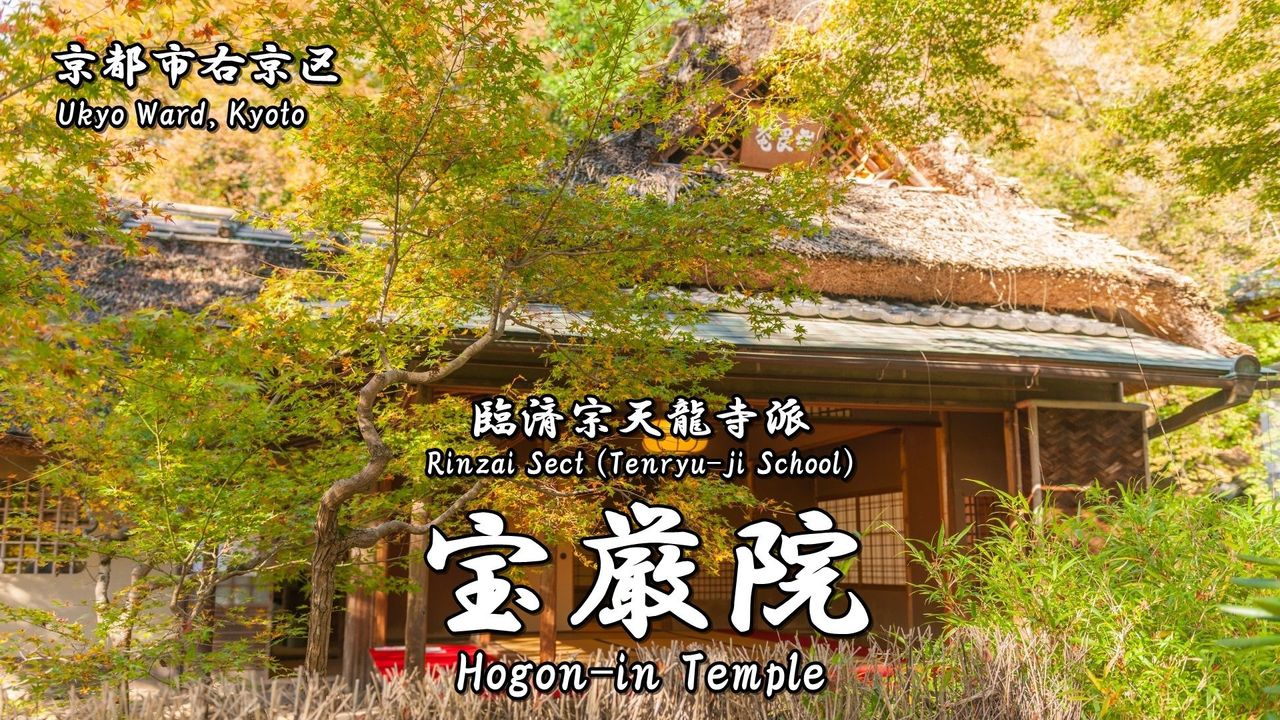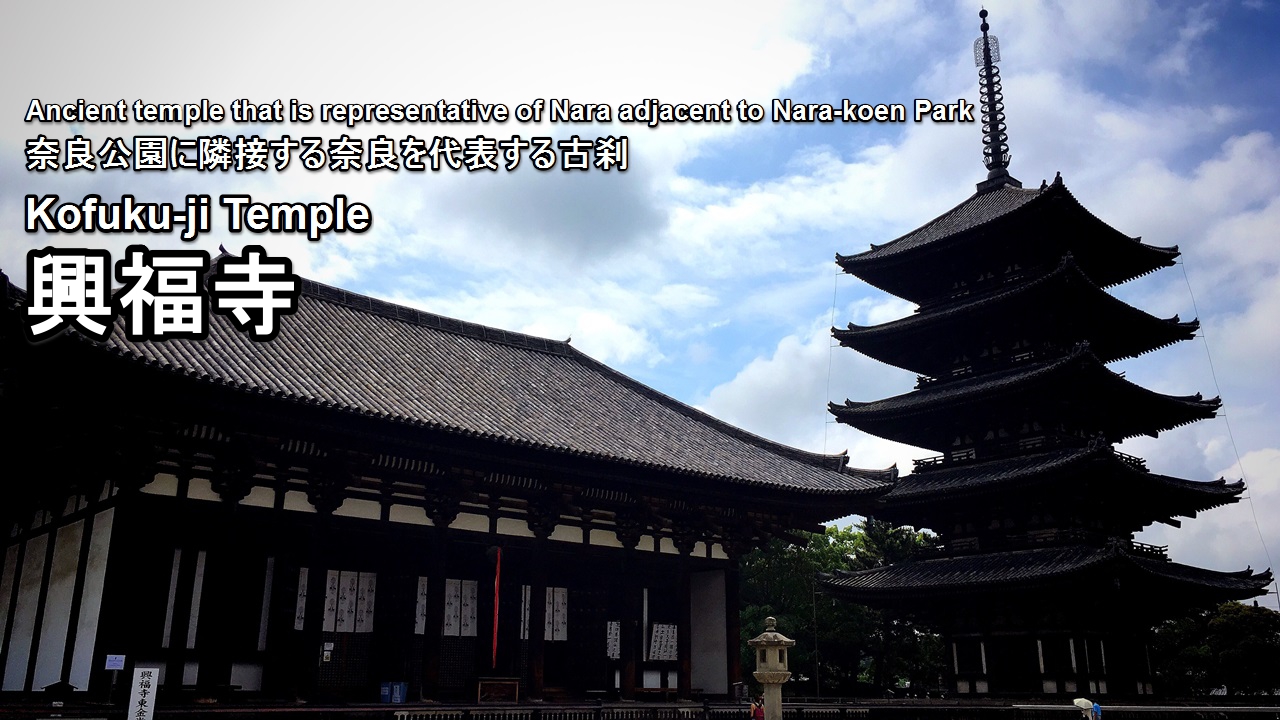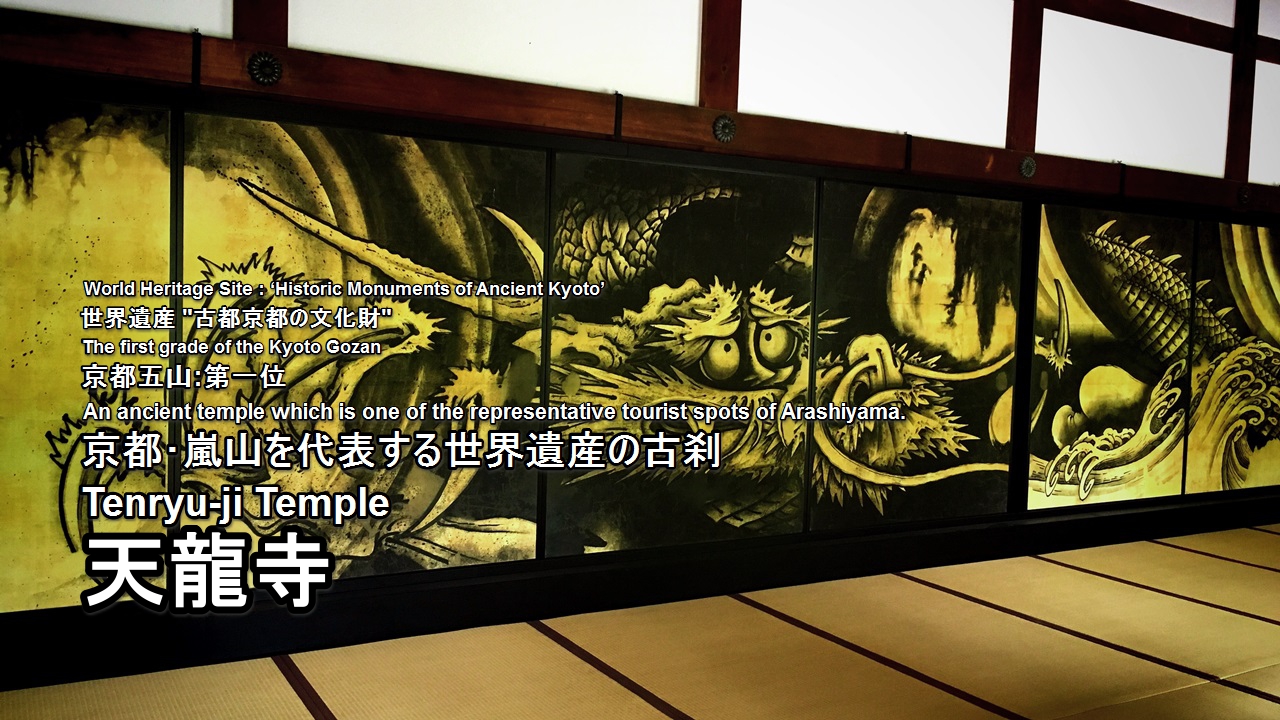Raigo-in Temple is a temple of the Tendai sect located in Ohara, Sakyo Ward, Kyoto City.
It has long been used as a training hall of Tendai Shomyo (Buddhist liturgical chant) along with Shorin-in Temple.
The Hon-do hall houses the principal image statue of Yakushi Nyorai as well as statues of Shaka Nyorai and Amida Nyorai.
(They are both designated as National Important Cultural Properties.)
It is famous for its beautiful autumn leaves!
History of Raigo-in
Let’s study the history of this temple with me.
I think that we can enjoy sightseeing of this temple more by learning the history of it. XD
Raigo-in is said to have originated in the training hall of Tendai Shomyo (Buddhist chant) built by Ennin during the early Heian period.
And, it was restored in 1109 of Heian Period by Ryonin who was the founder of Yuzu Nenbutsu Sect.
The current main temple building was rebuilt in 1533 of the Muromachi period.
In addition, it was granted a trade license called ‘Shuin-jo’ from the Edo bakufu during the Edo period.
Information for visitors
Information
Address:537, Ohara Raikoincho, Kyoto Shi Sakyo Ku, Kyoto Fu, 601-1242, Japan
Phone:+81-75-744-2161
Foundation:1109
Founder:Ryonin (良忍)
Sect:Tendai Sect (天台宗)
Principal image:Yakushi Nyorai (薬師如来)
Open
9:00 ~ 17:00
Admission Fee
| Month | Fee |
| May and November | 500 yen |
| Other month | 400 yen |
Other Informations
Inside the building, there are places where photography is prohibited. (Please follow the official’s instructions.)
The worship method of a shinto shrine and a buddhist temple, please refer to the following article.
Next, let’s go to see the highlights of this temple with me!
Highlights of Raigo-in
- 山門:San-mon gate
- 会館*:Kaikan (Temple’s hall)*
- 鐘楼*:Shoro (Bell tower)*
- 本堂*:Hon-do hall*
- 鎮守堂*:Chinju-do*
- 地蔵堂*:Jizo-do*
- 良忍御廟【重要文化財】*:Grave of the Ryonin【Important cultural property】*
- 如来蔵*:Nyorai-zo*
This mark 「*」 is a pay area.
山門:San-mon gate
会館*:Kaikan (Temple’s hall)*
鐘楼*:Shoro (Bell tower)*
The temple bell was made in 1435 of the Muromachi period.
本堂*:Hon-do hall*
The original hall was burned in the numerous fires, and the current Hon-do Hall was rebuilt in the Muromachi period in 1533.
It houses the principal image statue of Yakushi Nyorai, Shaka Nyorai and Amida Nyorai.
鎮守堂*:Chinju-do*
Chinju-do Shrine, enshrined deity is local deity of this area.
地蔵堂*:Jizo-do*
Jizodo (hall dedicated to Jizo Bosatsu), many small Jizo Bosatsu (guardian deities of children) is worshiped.
良忍御廟【重要文化財】*
The grave is Three-story stone pagoda which was built in the Kamakura period, designated as an important cultural property.
如来蔵*:Nyorai-zo*
Autumn leaves of Raigo-in
The precincts of this temple is also famous for its autumn leaves.
The best season of autumn leaves is late November to early December.
Video of Raigo-in
Photos of Raigo-in
Goshuin (Red ink stamps) of Raigo-in
Raigo-in’s red ink stamp (goshuin) , ‘Yakushi Nyorai (薬師如来)’.
How to get to Raigo-in
The nearest station is Kyoto Bus Ohara bus stop.
It is about 15 minutes on foot from Ohara bus stop.
We recommend that you go to Kokusaikaikan Station by a train, and get on a bus from Kokusaikaikan Station.
From Osaka Sta. to Kokusaikaikan Sta. (by train)
Timetable and Route Search (train)
1.Get on the JR Kyoto Line from Osaka Station to Kyoto Station.
2.Change to the Kyoto City Subway Karasuma Line at Kyoto Station.
3.Get on the Kyoto City Subway Karasuma Line from Kyoto Station to Kokusaikaikan Station.
From Namba Sta. to Kokusaikaikan Sta. (by train)
Timetable and Route Search (train)
1.Get on the Osaka Metro Midosuji Line from Namba Station to Umeda (Osaka) Station.
2.Get on the JR Kyoto Line from Osaka Station to Kyoto Station.
3.Change to the Kyoto City Subway Karasuma Line at Kyoto Station.
4.Get on the Kyoto City Subway Karasuma Line from Kyoto Station to Kokusaikaikan Station.
From Namba Sta. to Kokusaikaikan Sta. (by train)
Timetable and Route Search (train)
1.Get on the Kyoto City Subway Karasuma Line from Kyoto Station to Kokusaikaikan Station.
Get on a bus from Kokusaikaikan Station
Timetable and Route Search (bus)
Please get on a bus No.19 (bus stop 3).
[Timetable] Kyoto Bus No. 19
Bus company:Kyoto Bus
Routes/Destination:No.19 [Bound for Ohara・Kodeishi]
Boarding bus stop:Kokusaikaikan Sta. [3]
Alighting bus stop:Ohara
Bus fare:350 yen
Time required:About 22 min
Get on a bus from Keihan Demachiyanagi Station
Timetable and Route Search (bus)
Please get on a bus No.16 or No.17 (bus stop C).
[Timetable] Kyoto Bus No. 16 / 17
Bus company:Kyoto Bus
Routes/Destination:No.16 /17 [Bound for Ohara]
Boarding bus stop:Demachiyanagi Sta.[C]
Alighting bus stop:Ohara
Bus fare:430 yen
Time required:About 33 min
Get on a bus from Hankyu Kawaramachi Station
Timetable and Route Search (bus)
Please get on a bus No.17 (bus stop ‘To North’).
[Timetable] Kyoto Bus No. 17
Bus company:Kyoto Bus
Routes/Destination:No.17 [Bound for Ohara]
Boarding bus stop:Shijo Kawaramachi [To north]
Alighting bus stop:Ohara
Bus fare:520 yen
Time required:About 52 min
Get on a bus from JR/Subway Kyoto Station
Timetable and Route Search (bus)
Please get on a bus No.17 (bus stop C3).
[Timetable] Kyoto Bus No. 17
Bus company:Kyoto Bus
Routes/Destination:No.17 [Bound for Ohara]
Boarding bus stop:Kyoto Sta. [C3]
Alighting bus stop:Ohara
Bus fare:550 yen
Time required:About 68 min
From Ohara bus stop (on foot)
It is about 20 minutes (750 meters) on foot from Ohara bus stop.
Take a taxi
From Kyoto Station:about 6600 yen (40 minutes)
From Gion-Shijo Station:about 5900 yen (35 minutes)
From Kokusaikaikan Station:about 3500 yen (20 minutes)
・Let’s show a taxi driver the following phrase.
・If you want to call a taxi, let’s show the following phrase.
[Phone number of taxi dispatch : Around the Kyoto Station]*Japanese text only.
Hotel search & reservation
How did you like it?
Have a nice trip! XD

